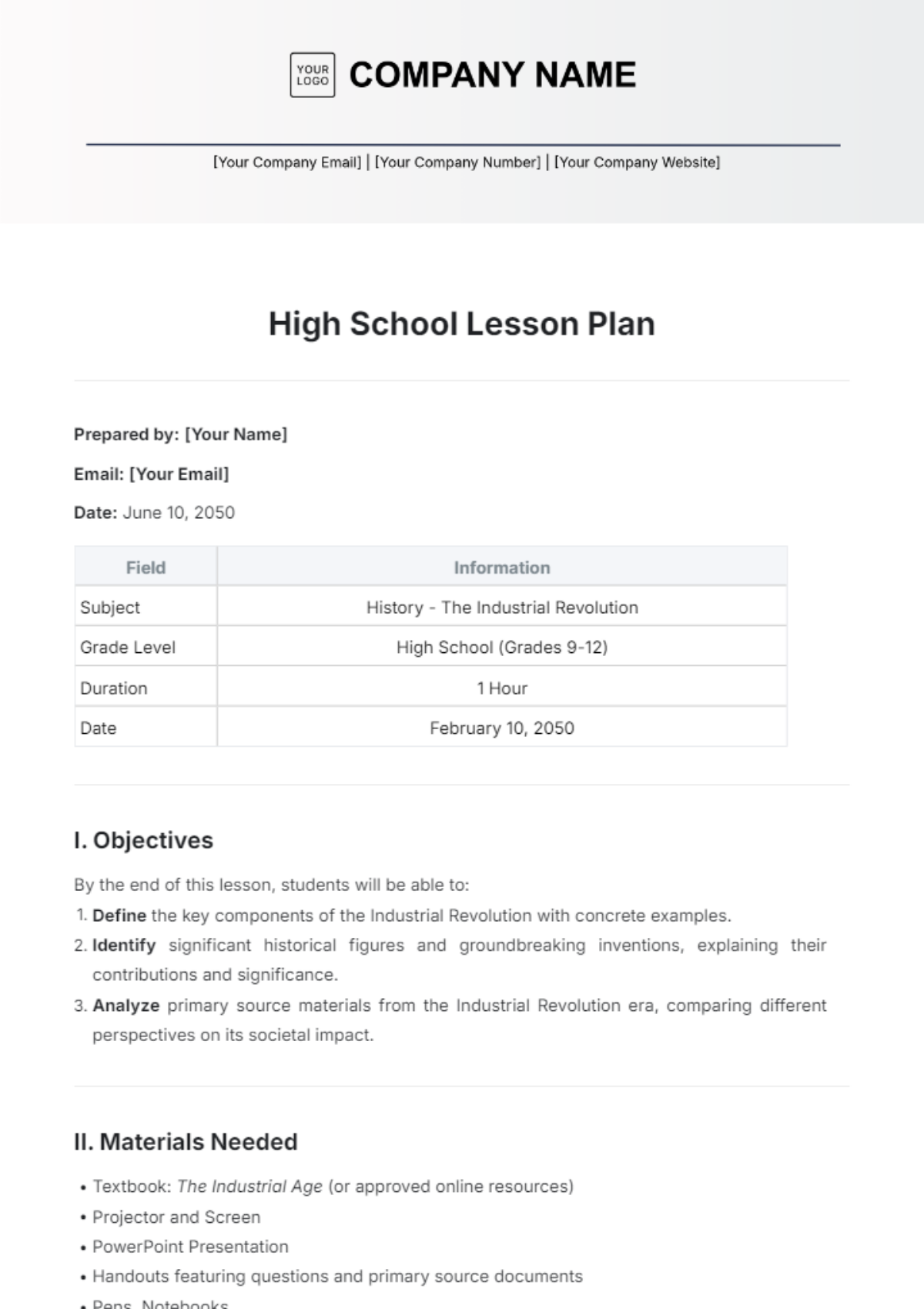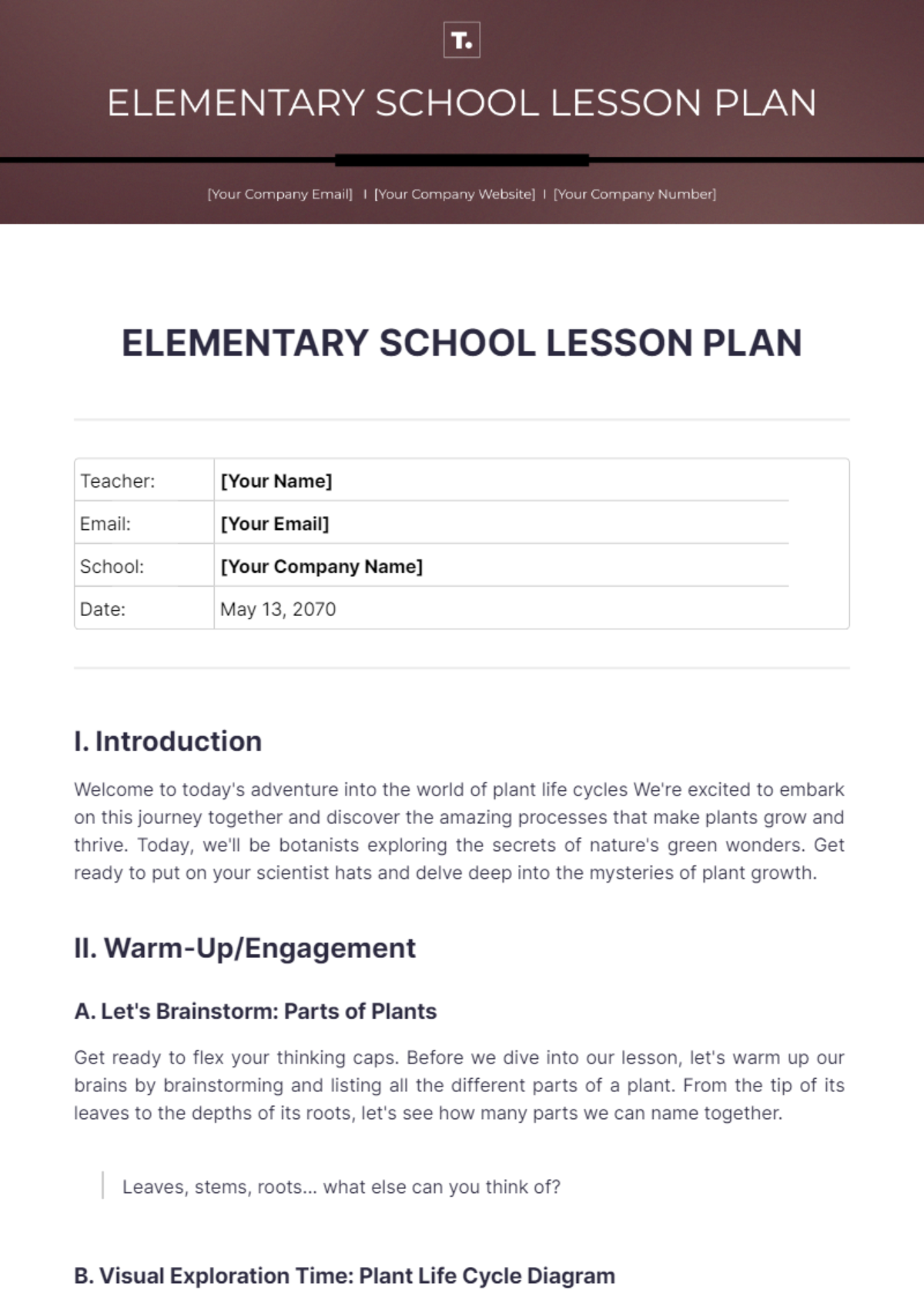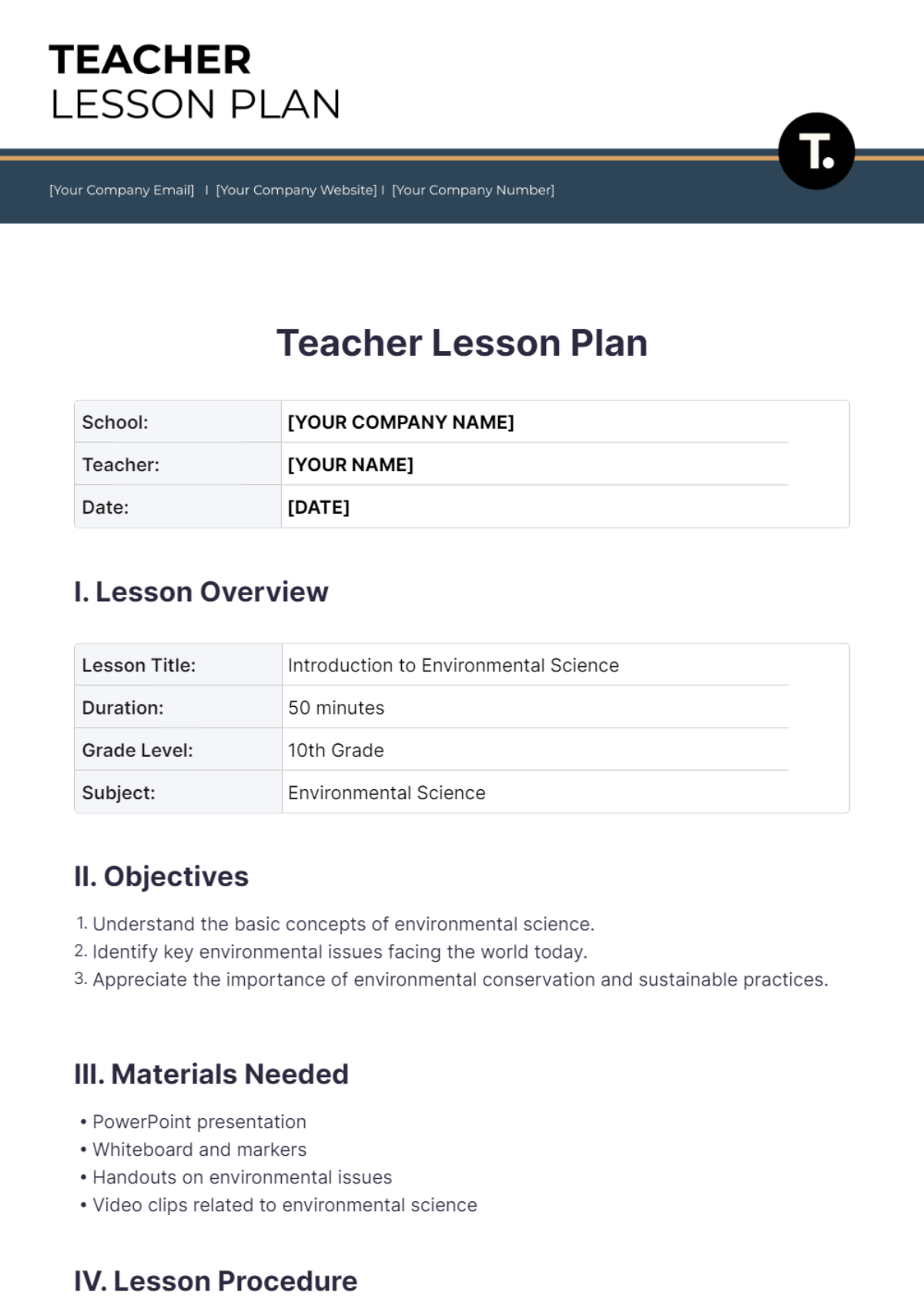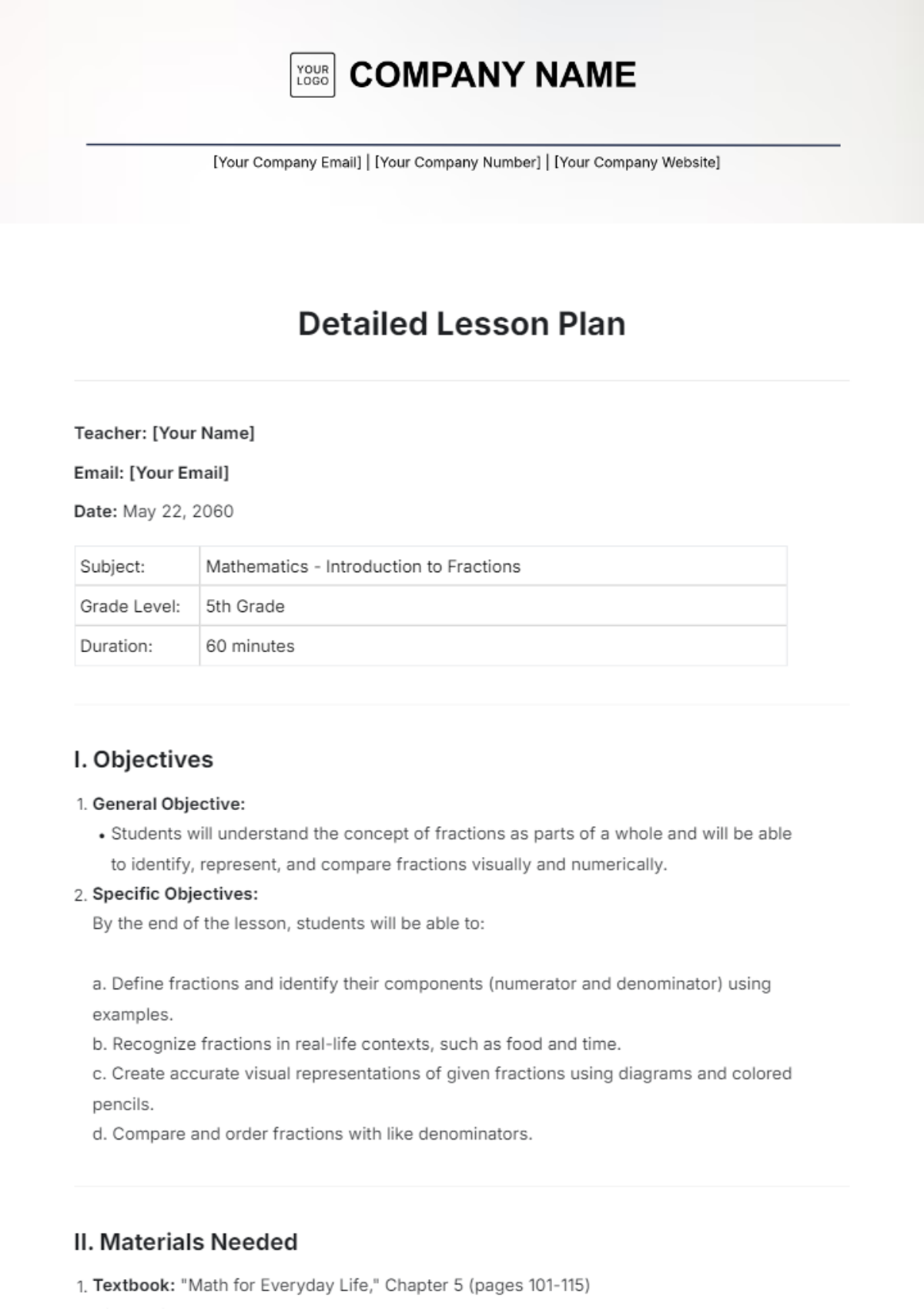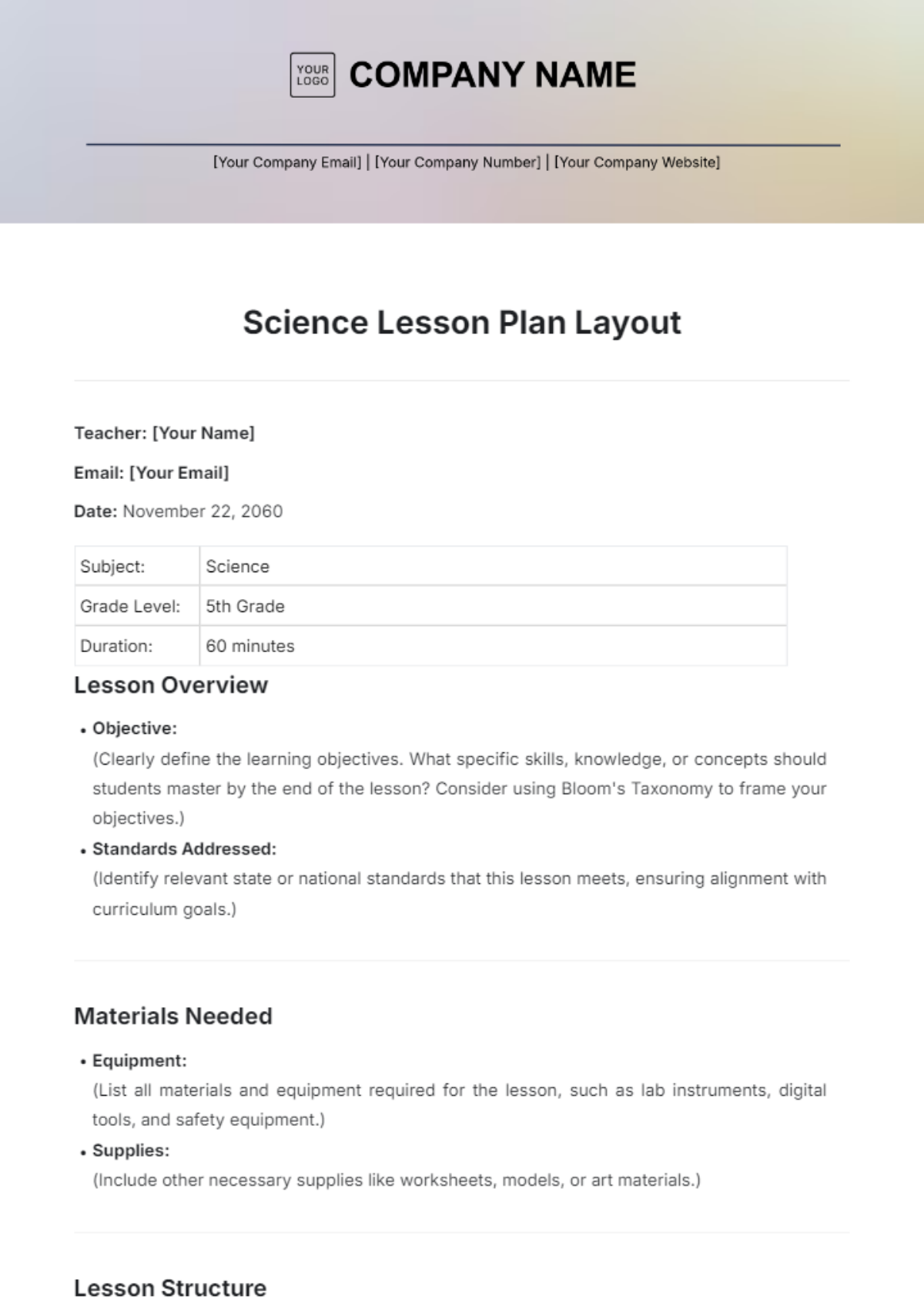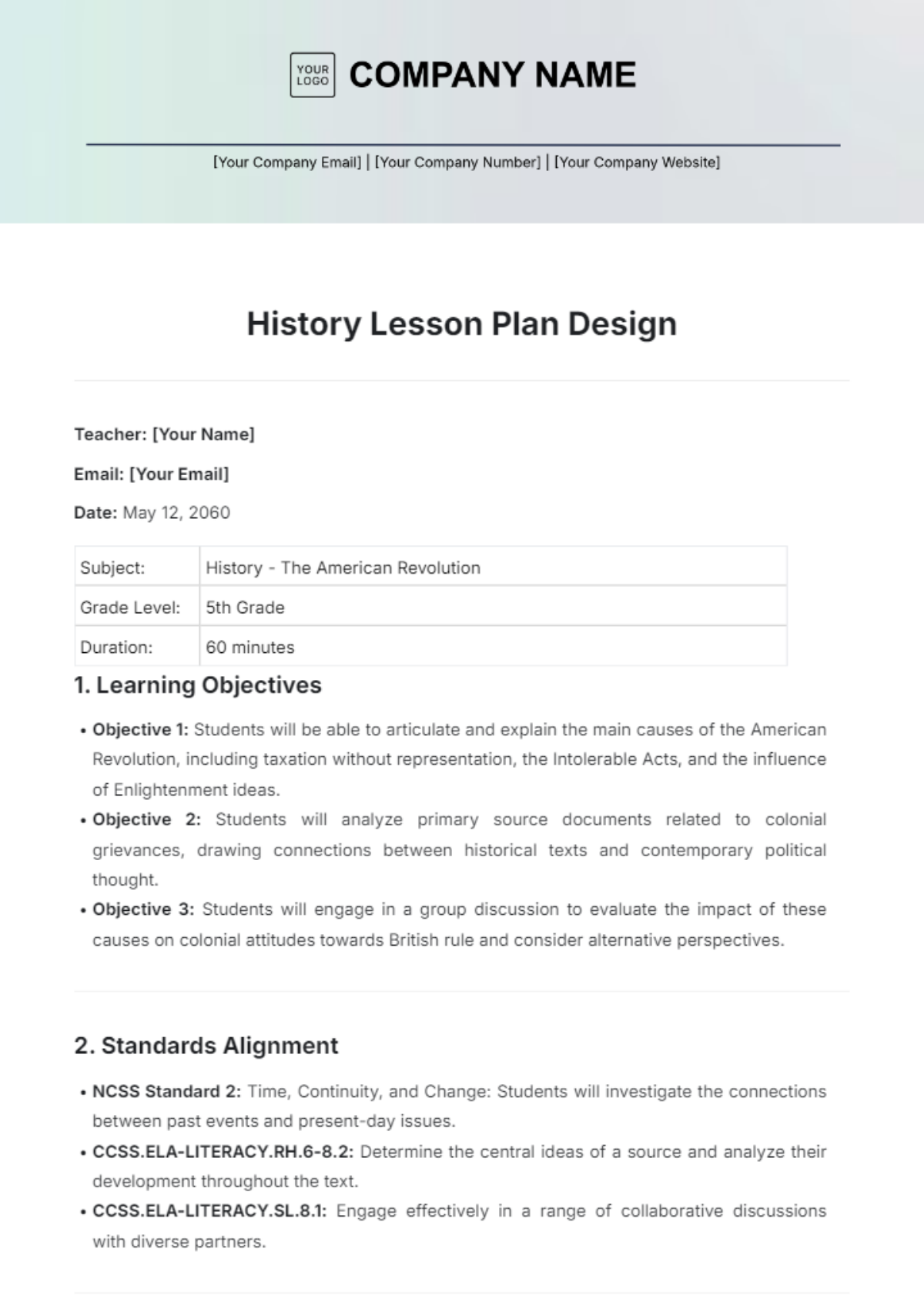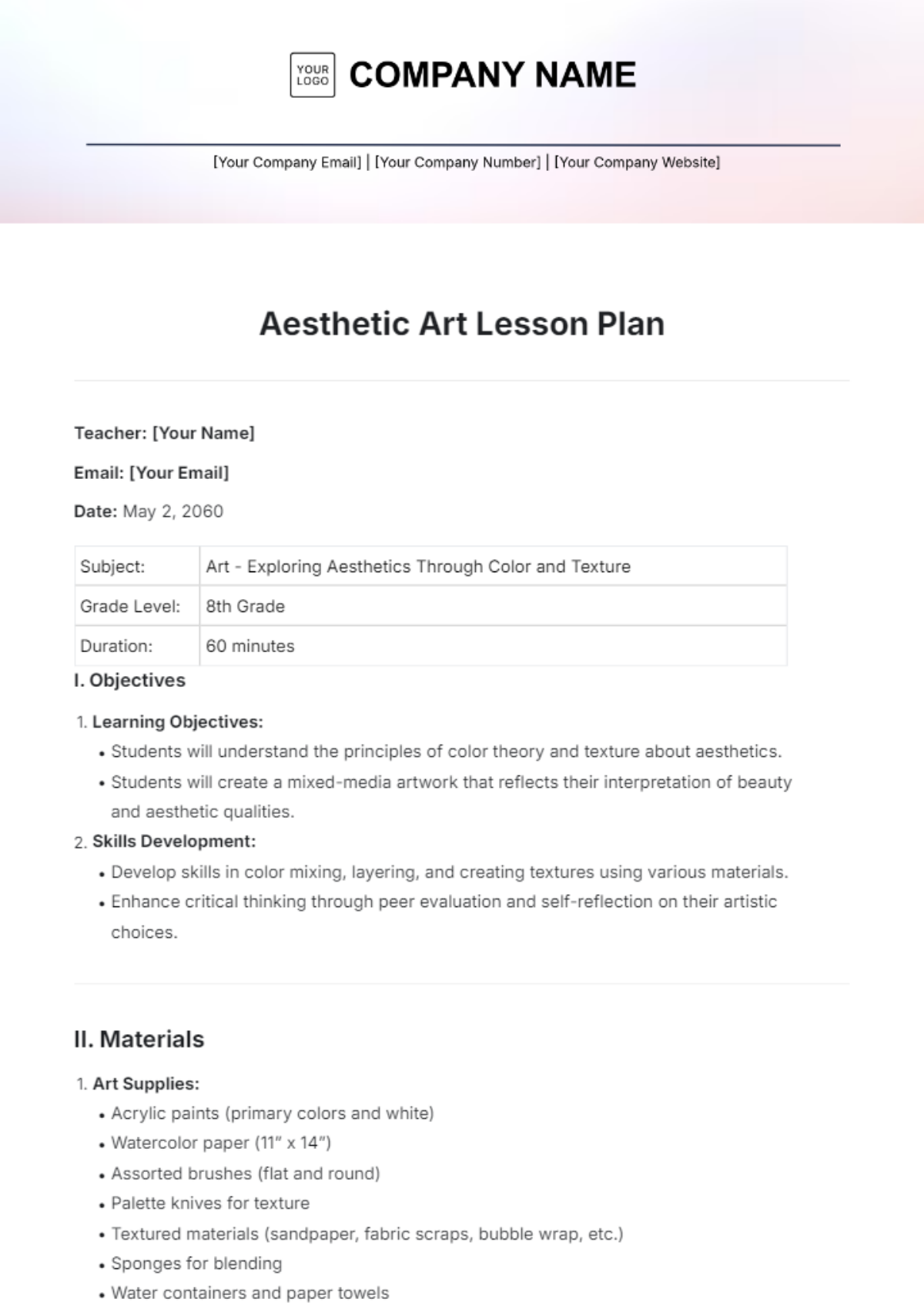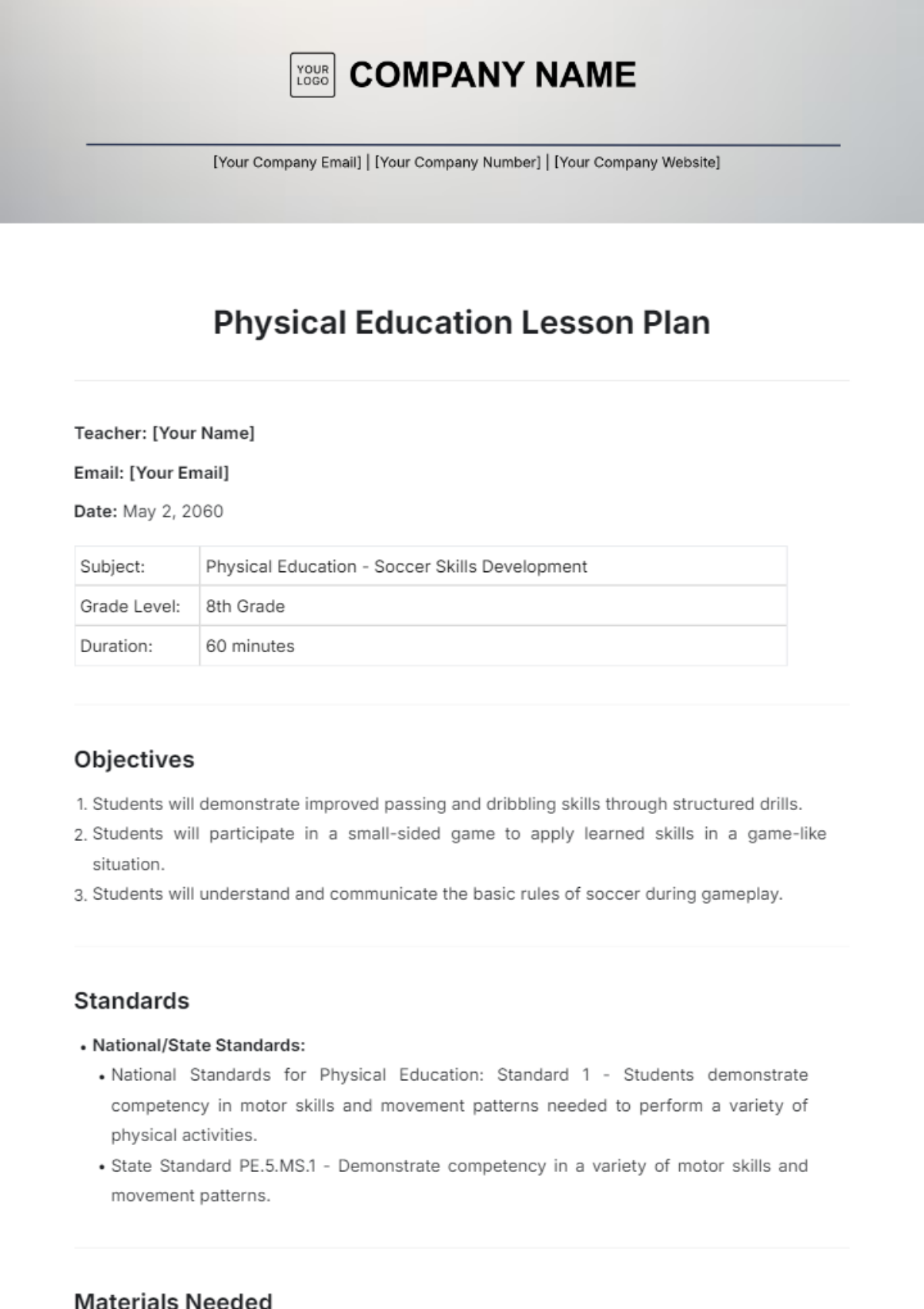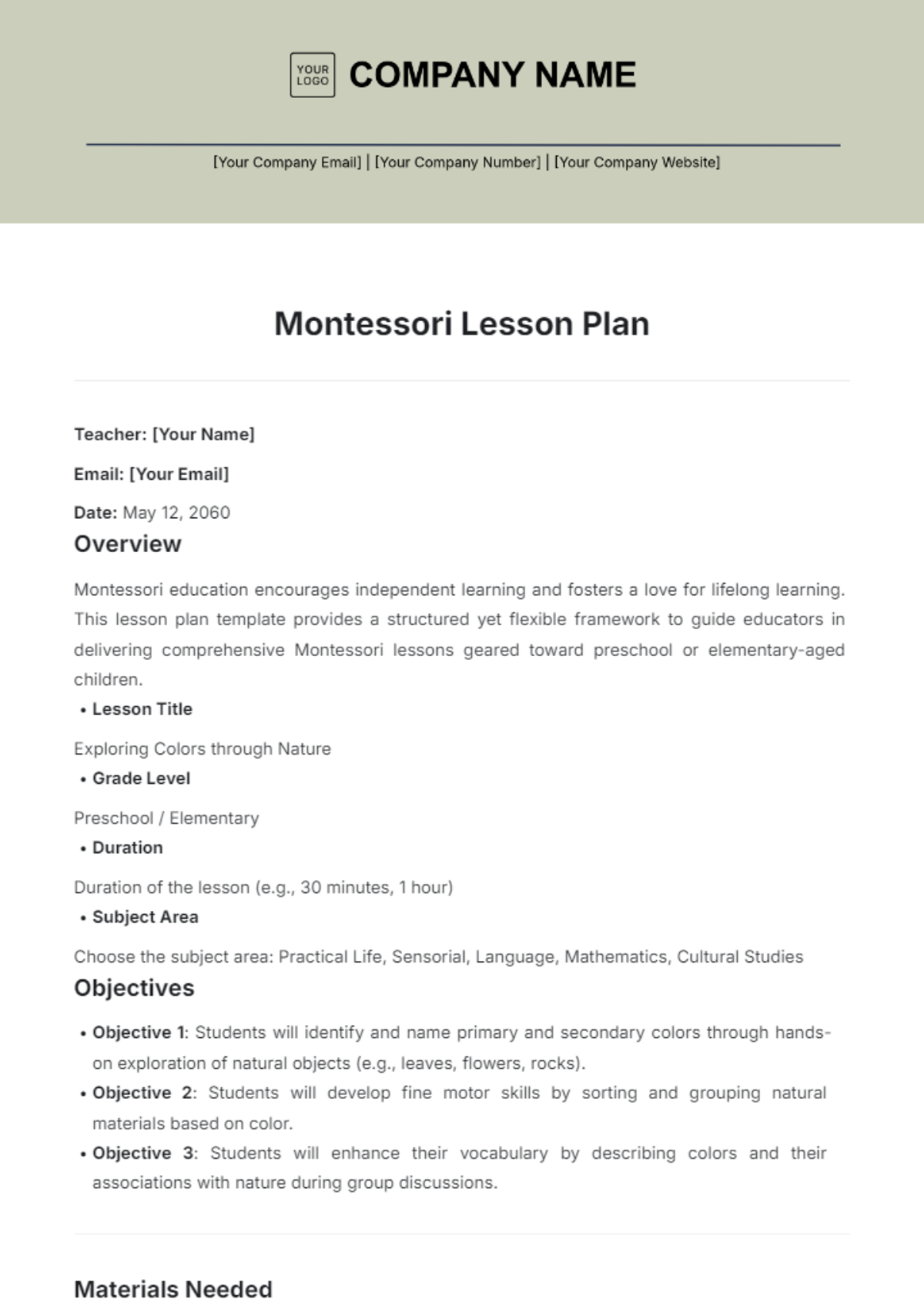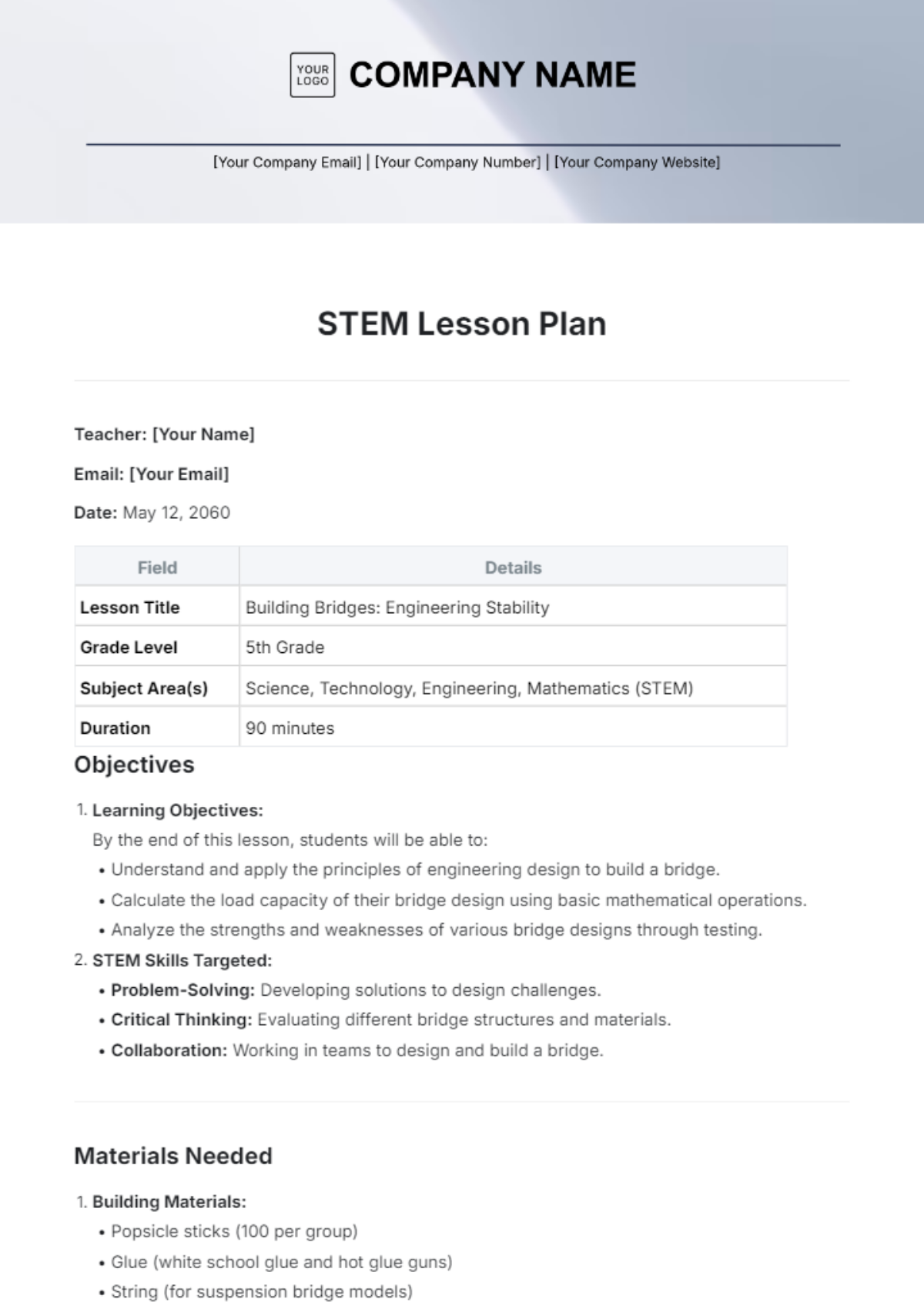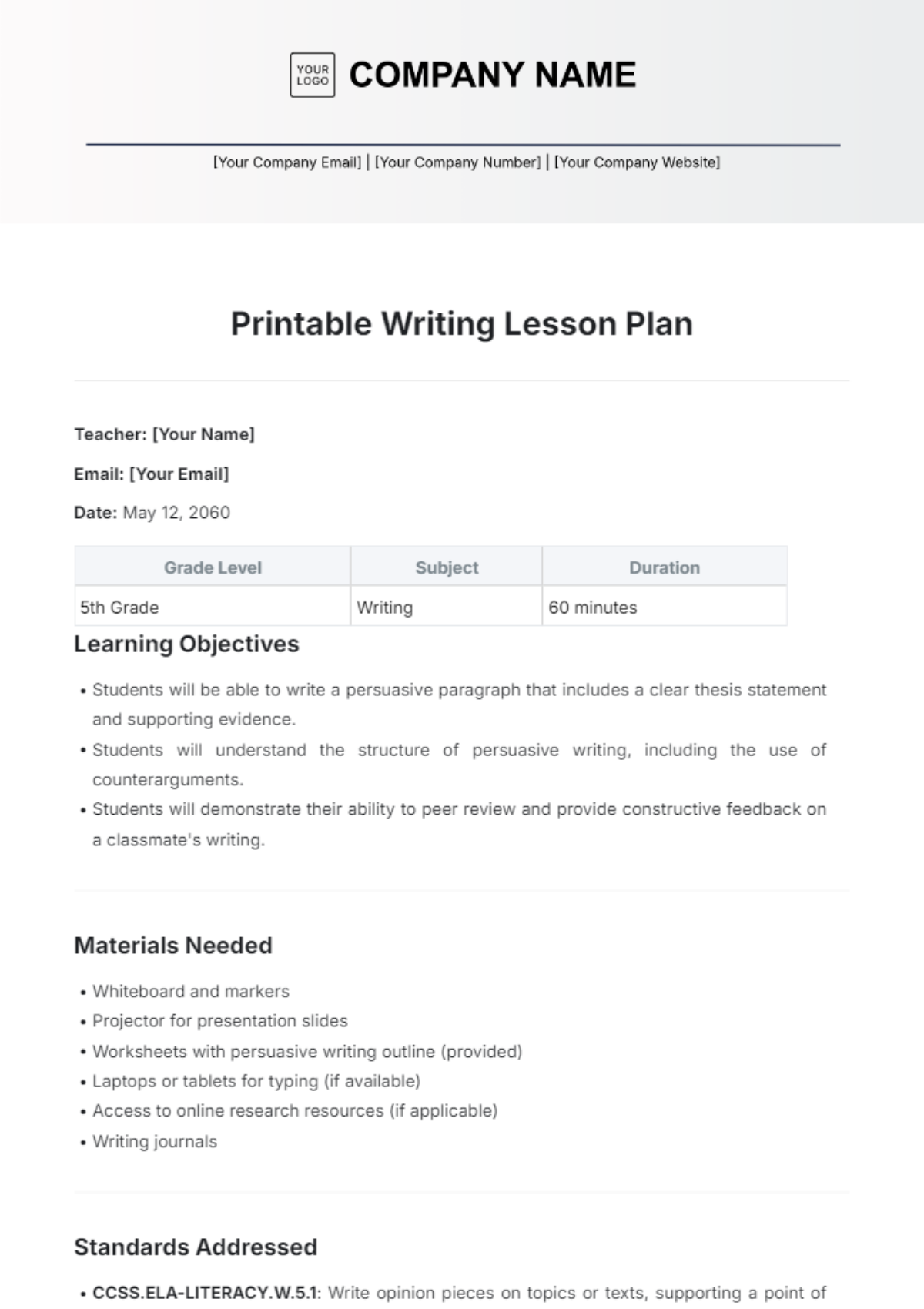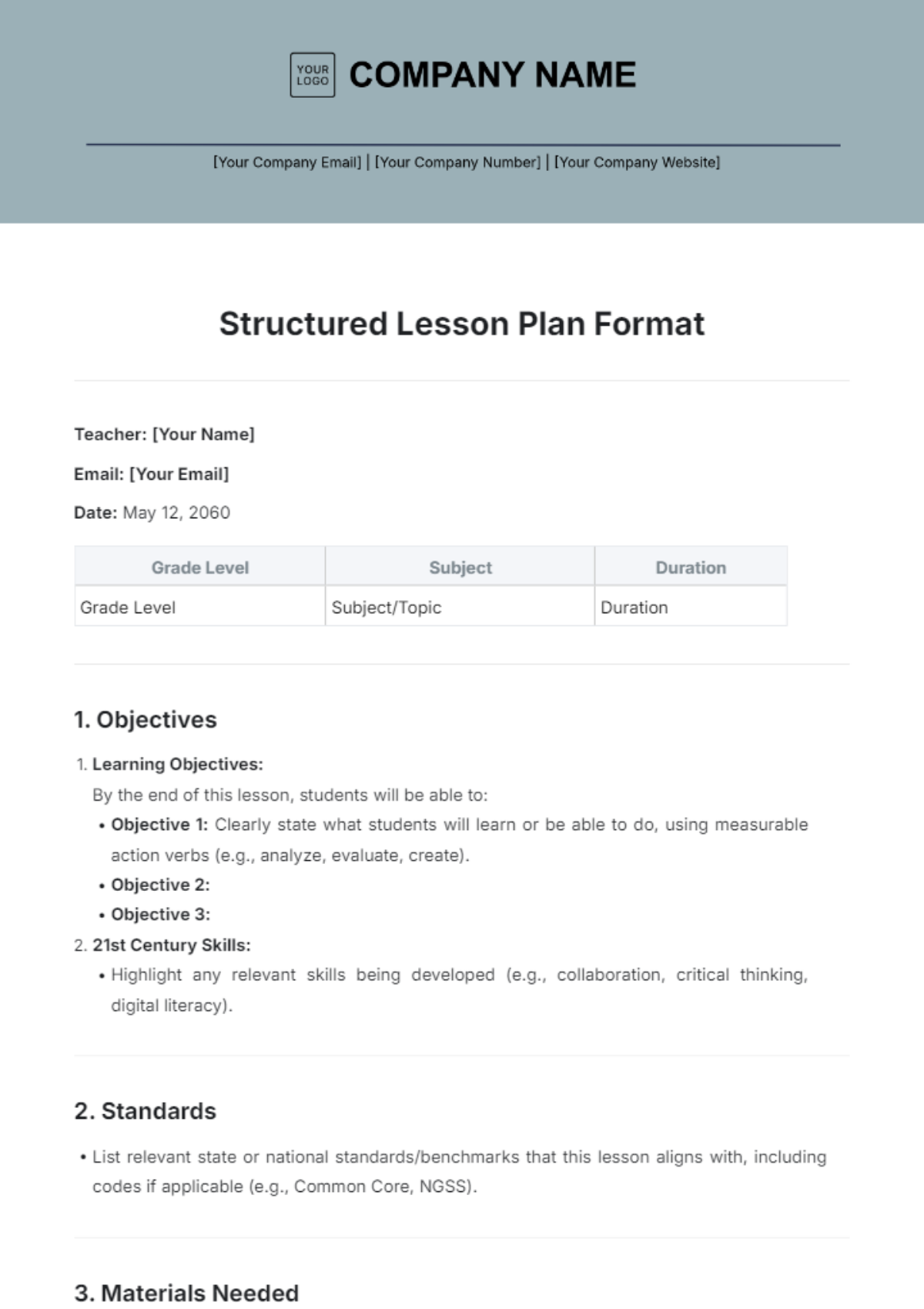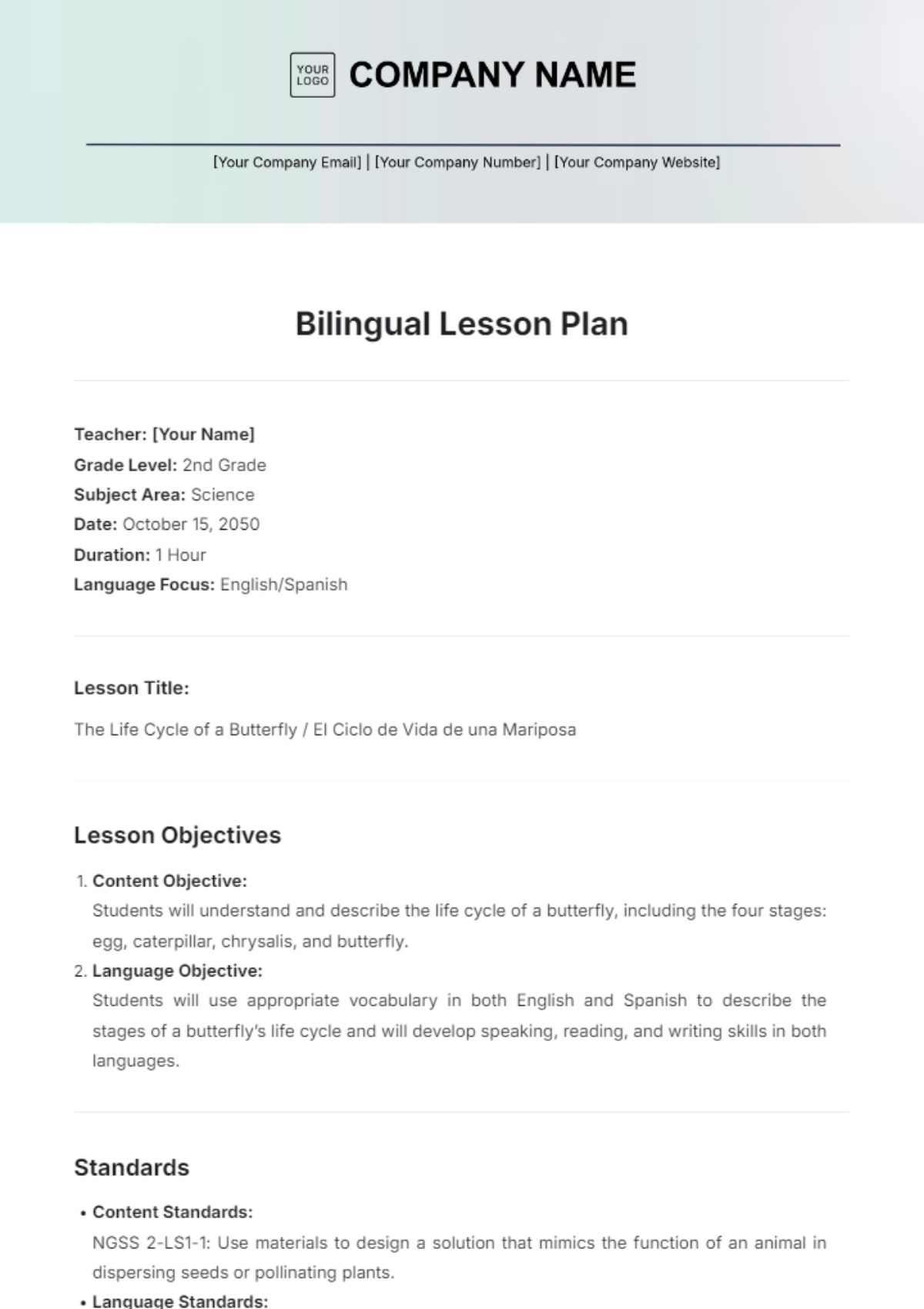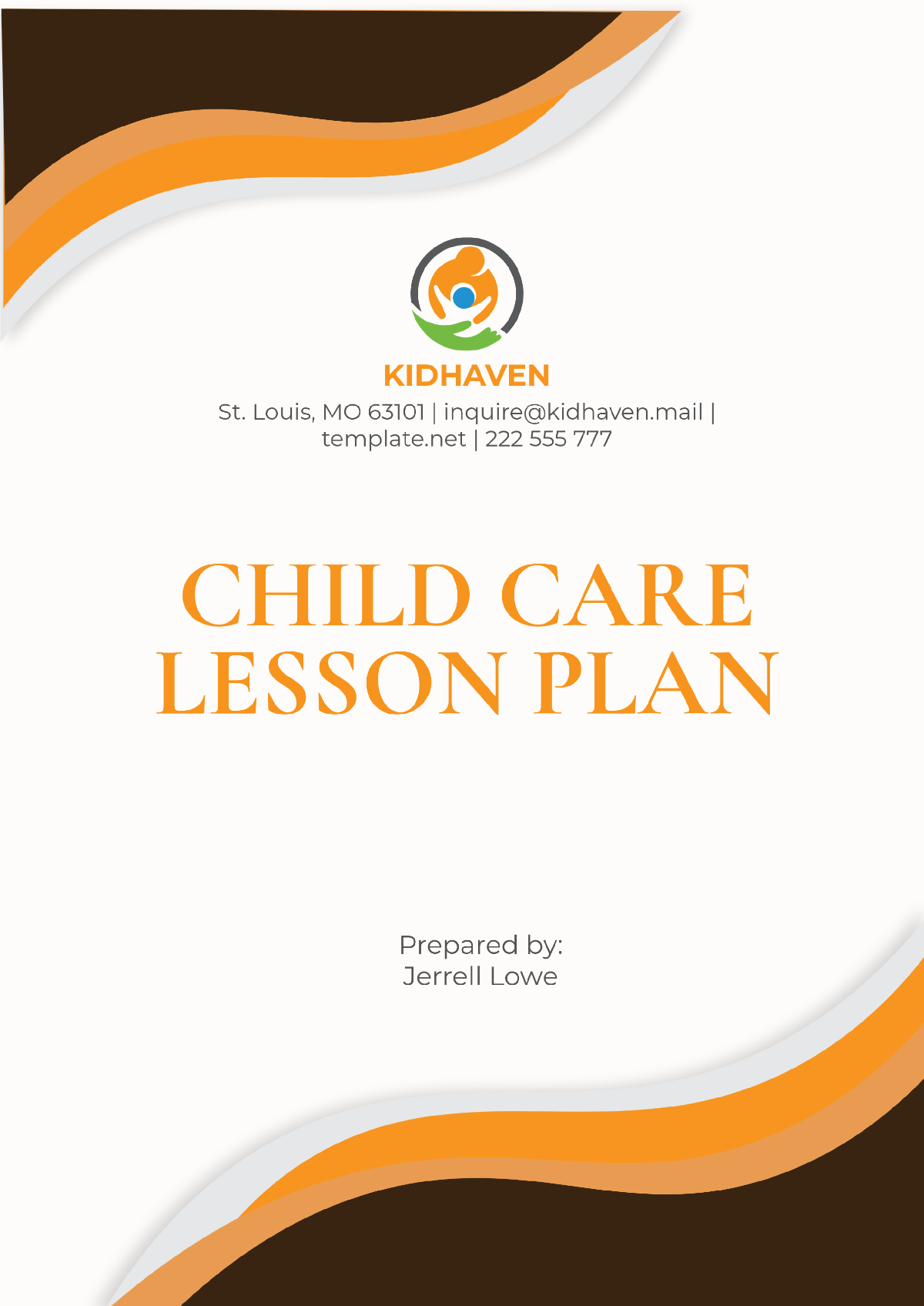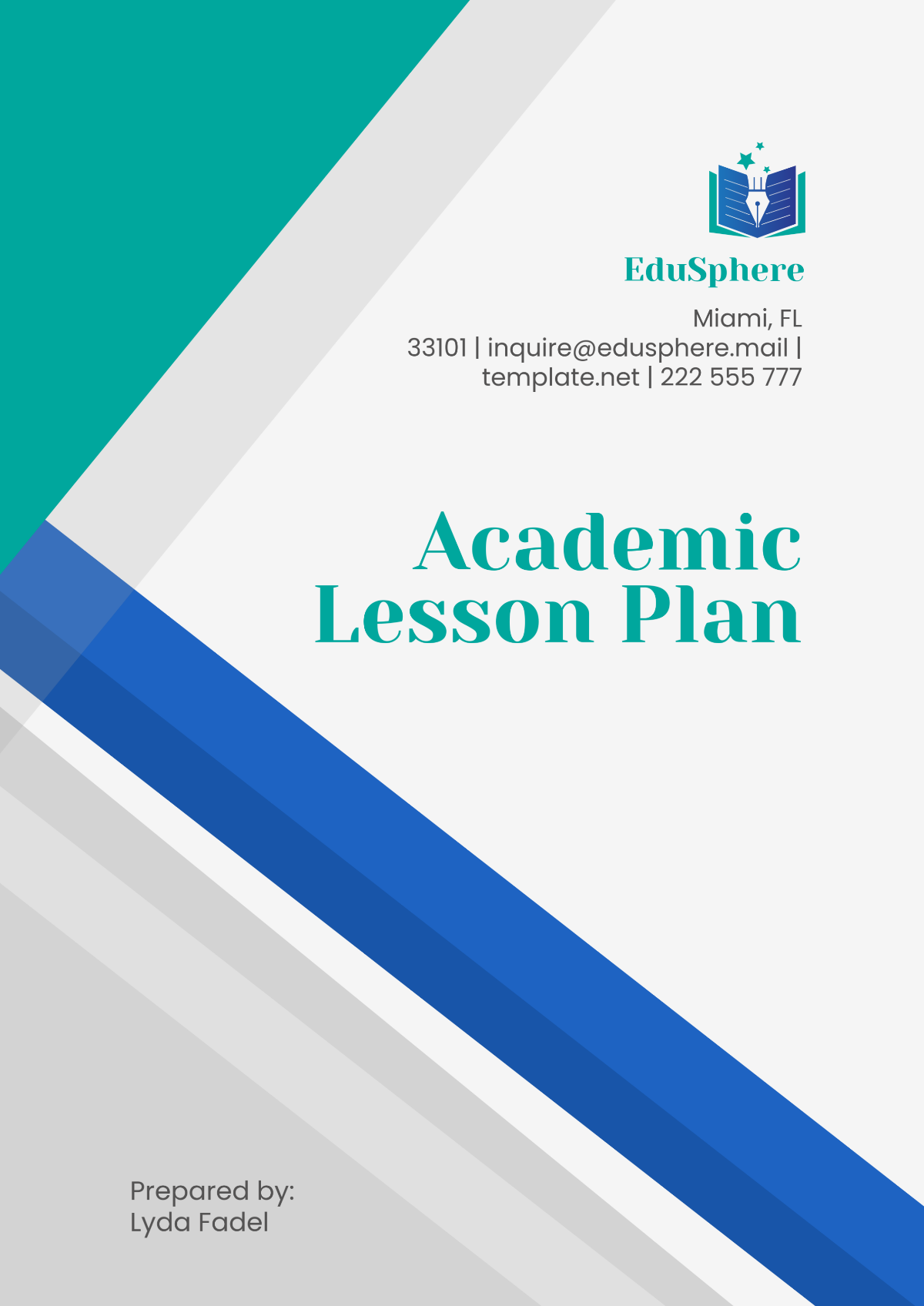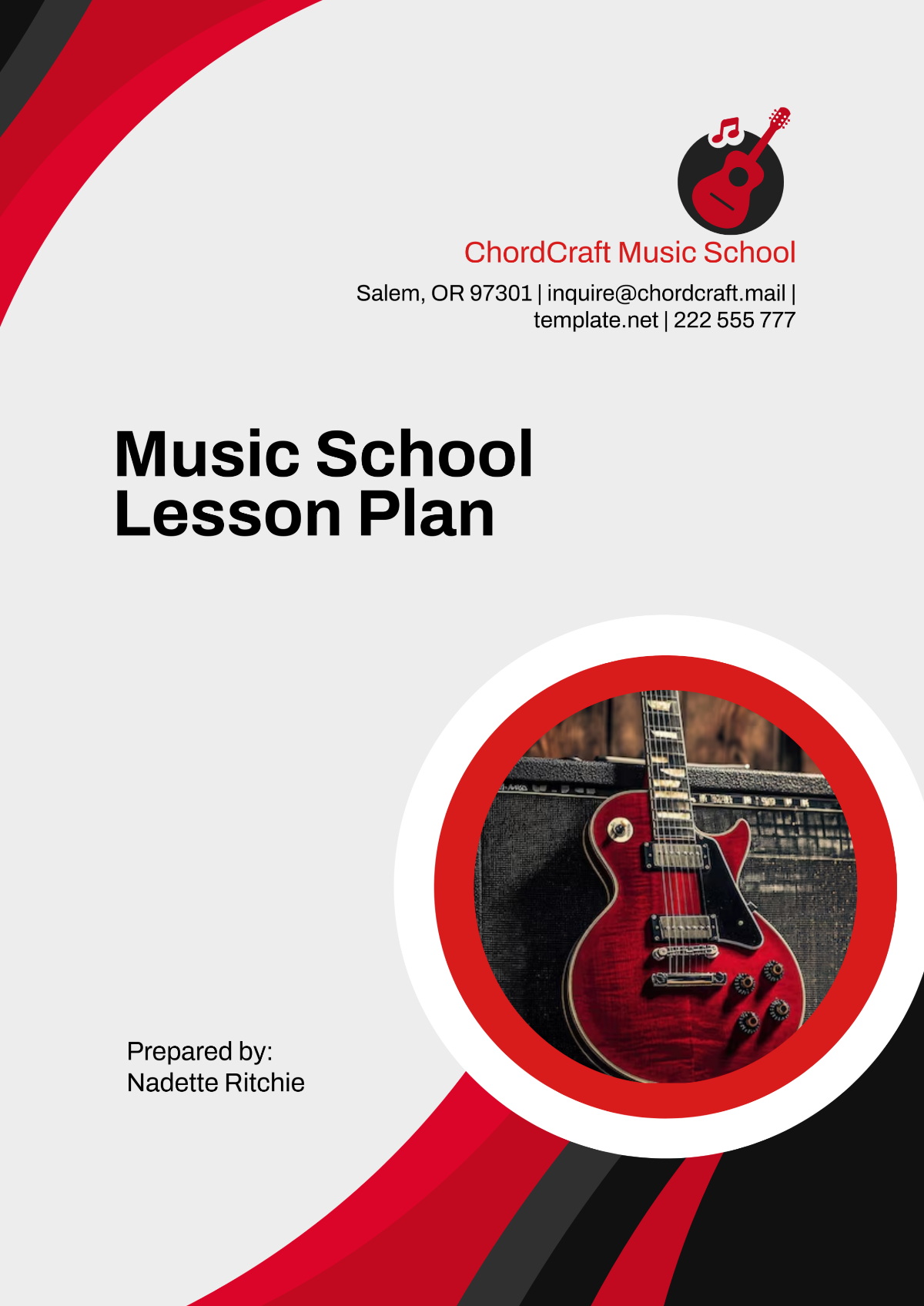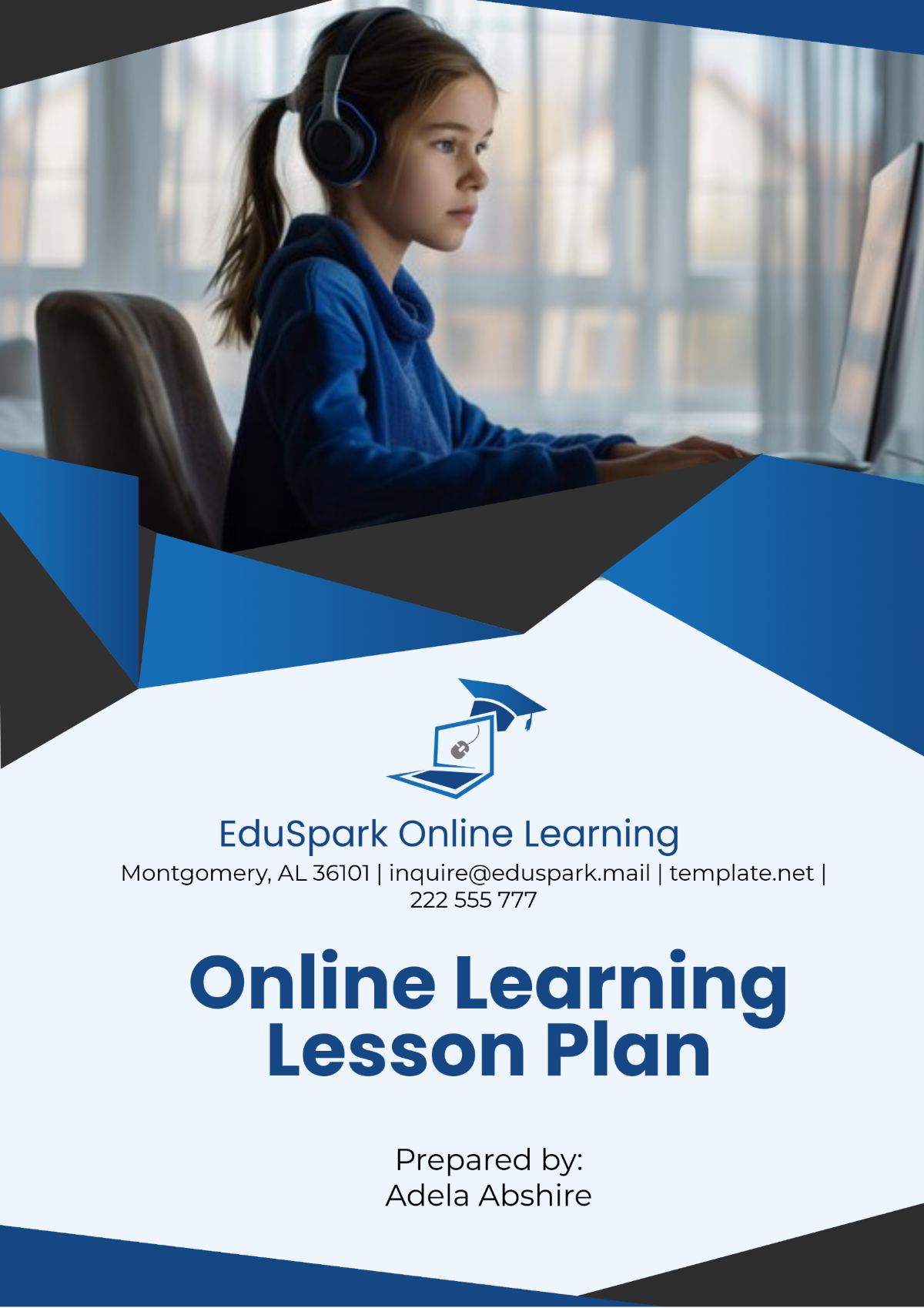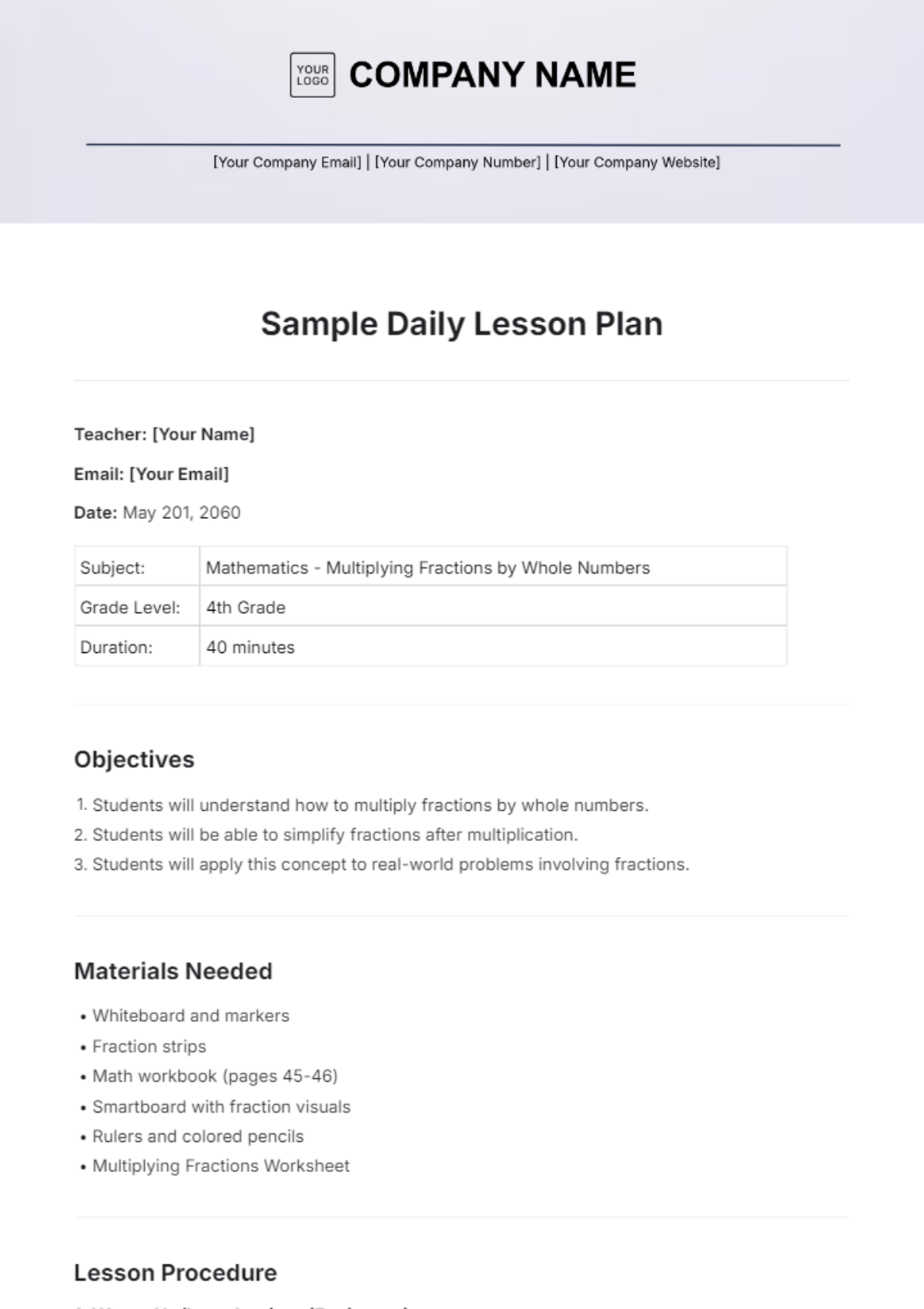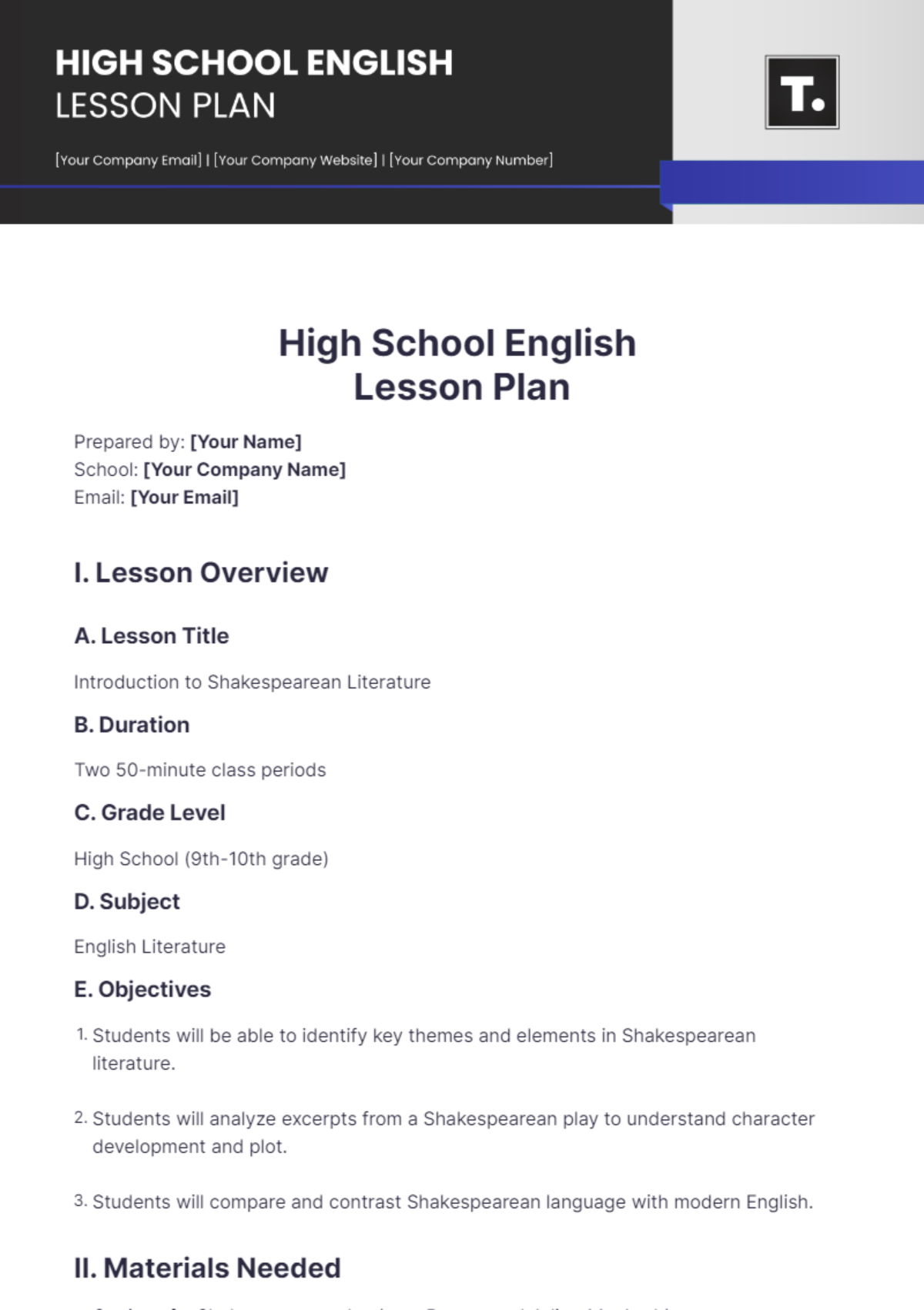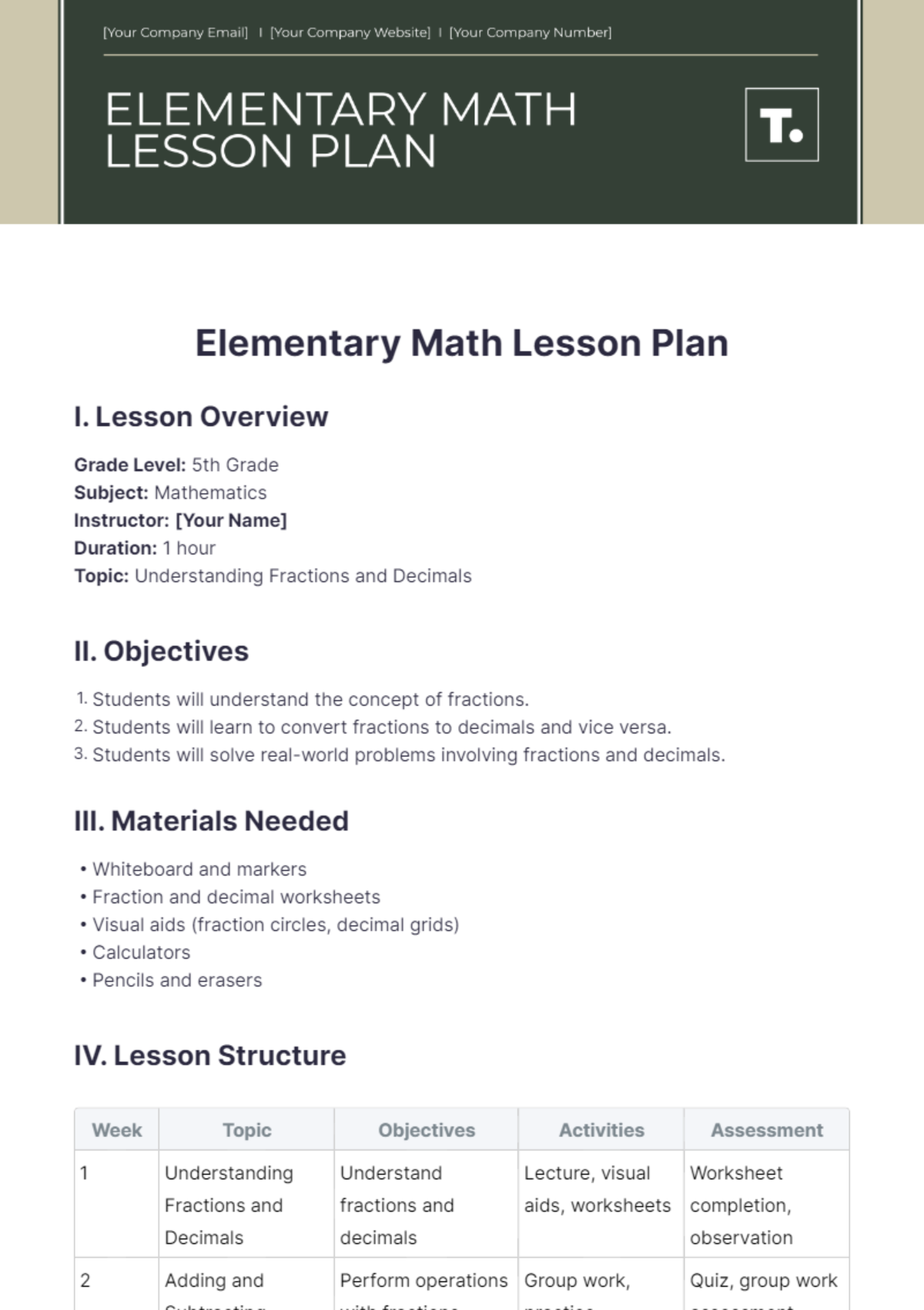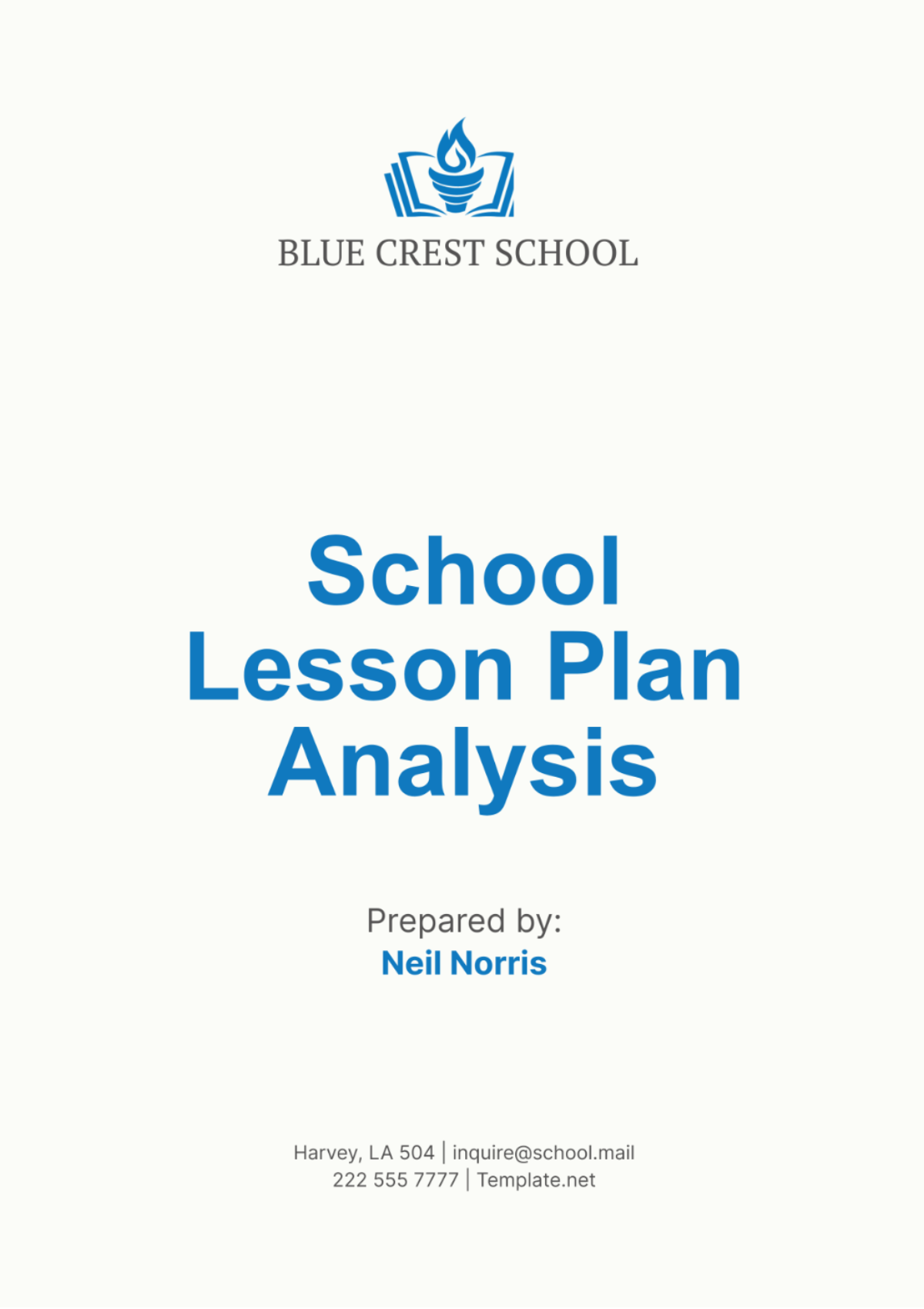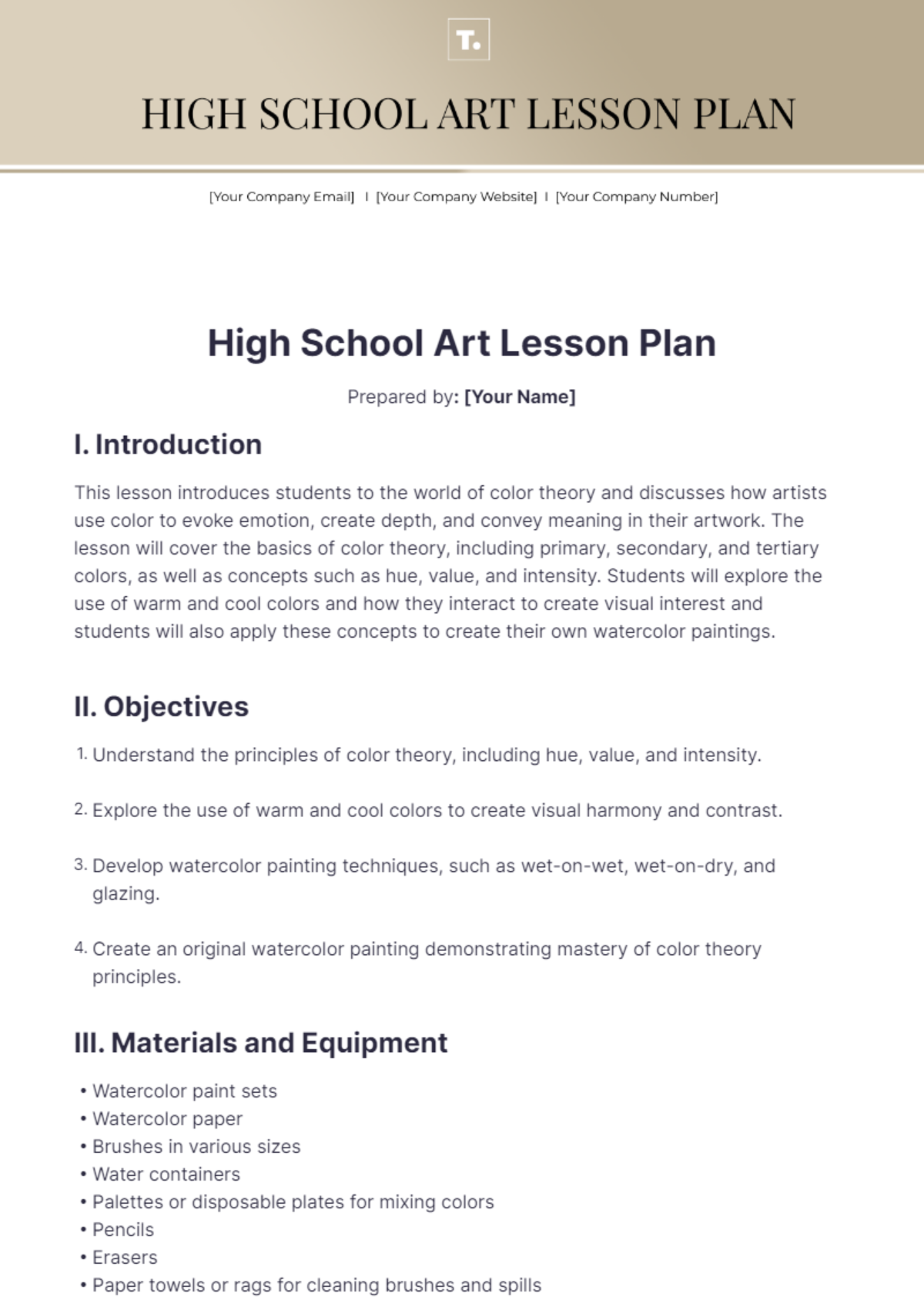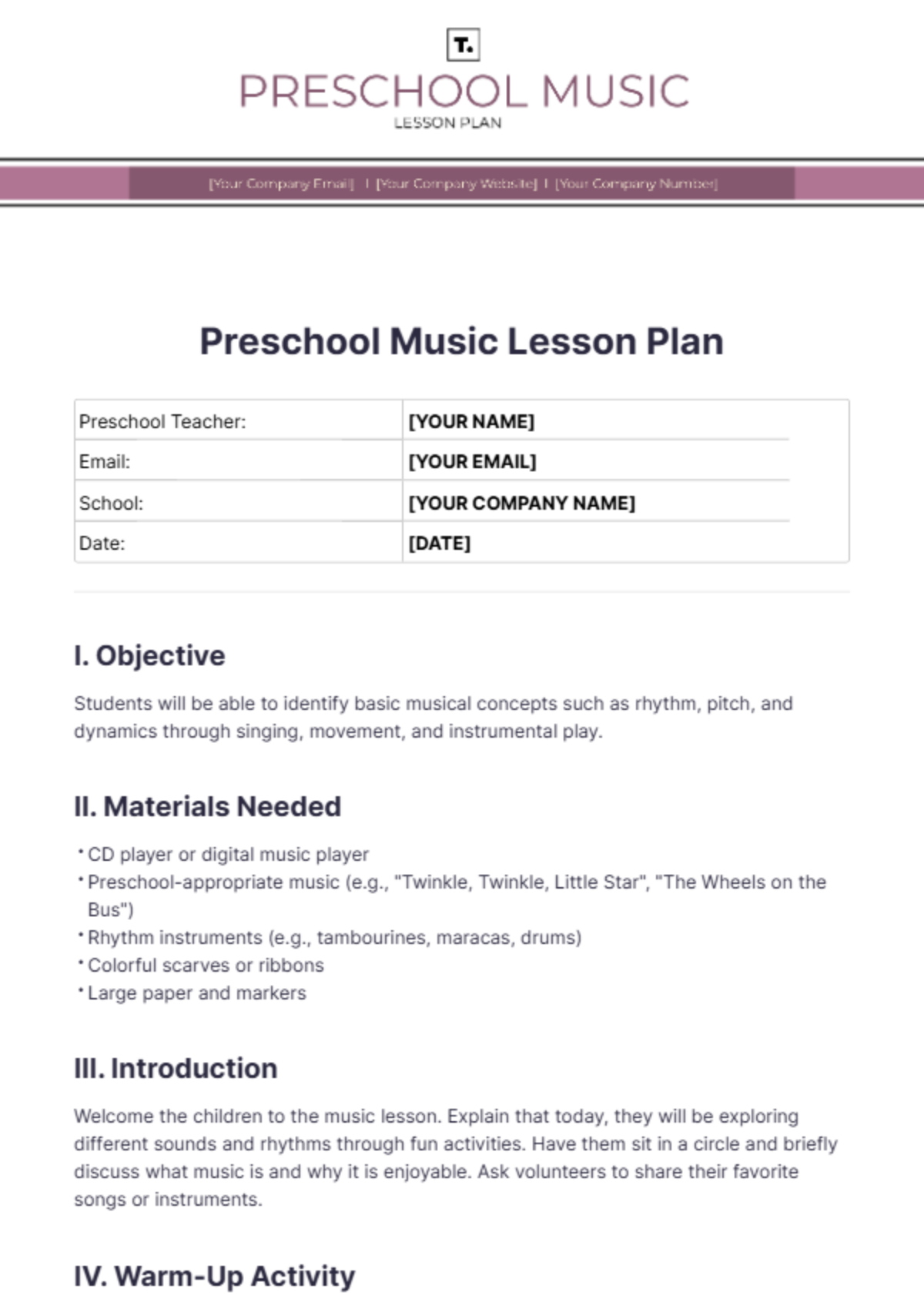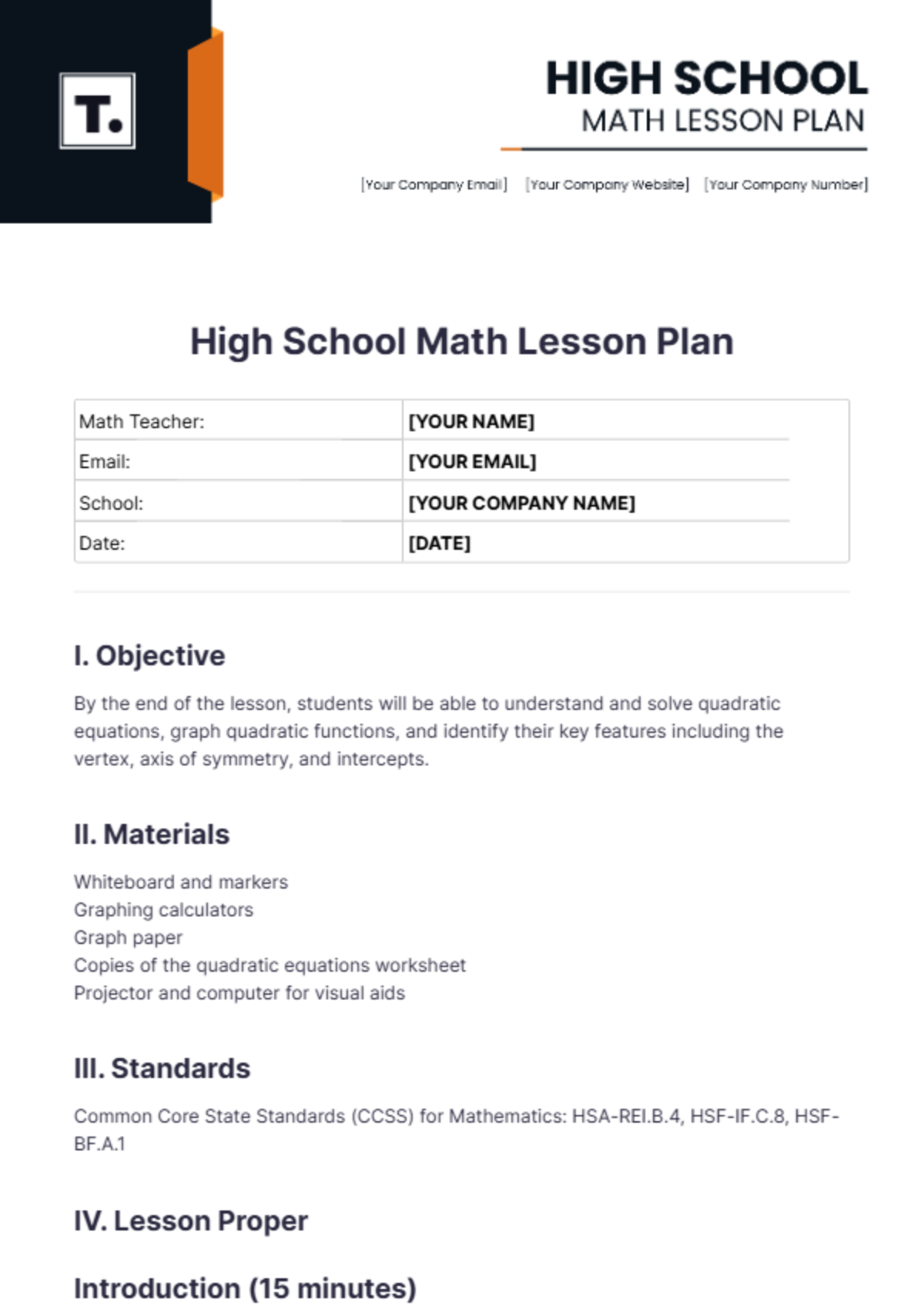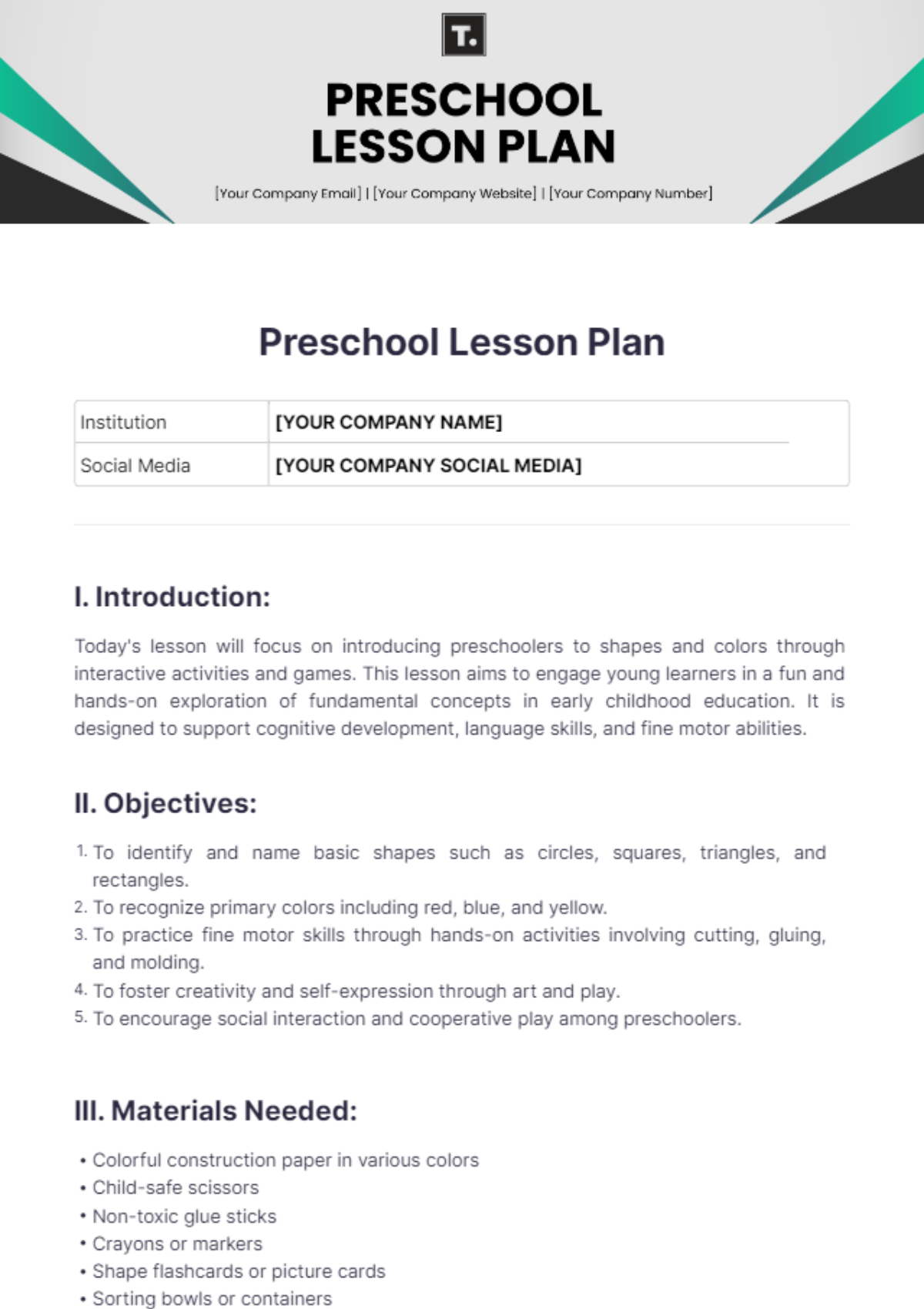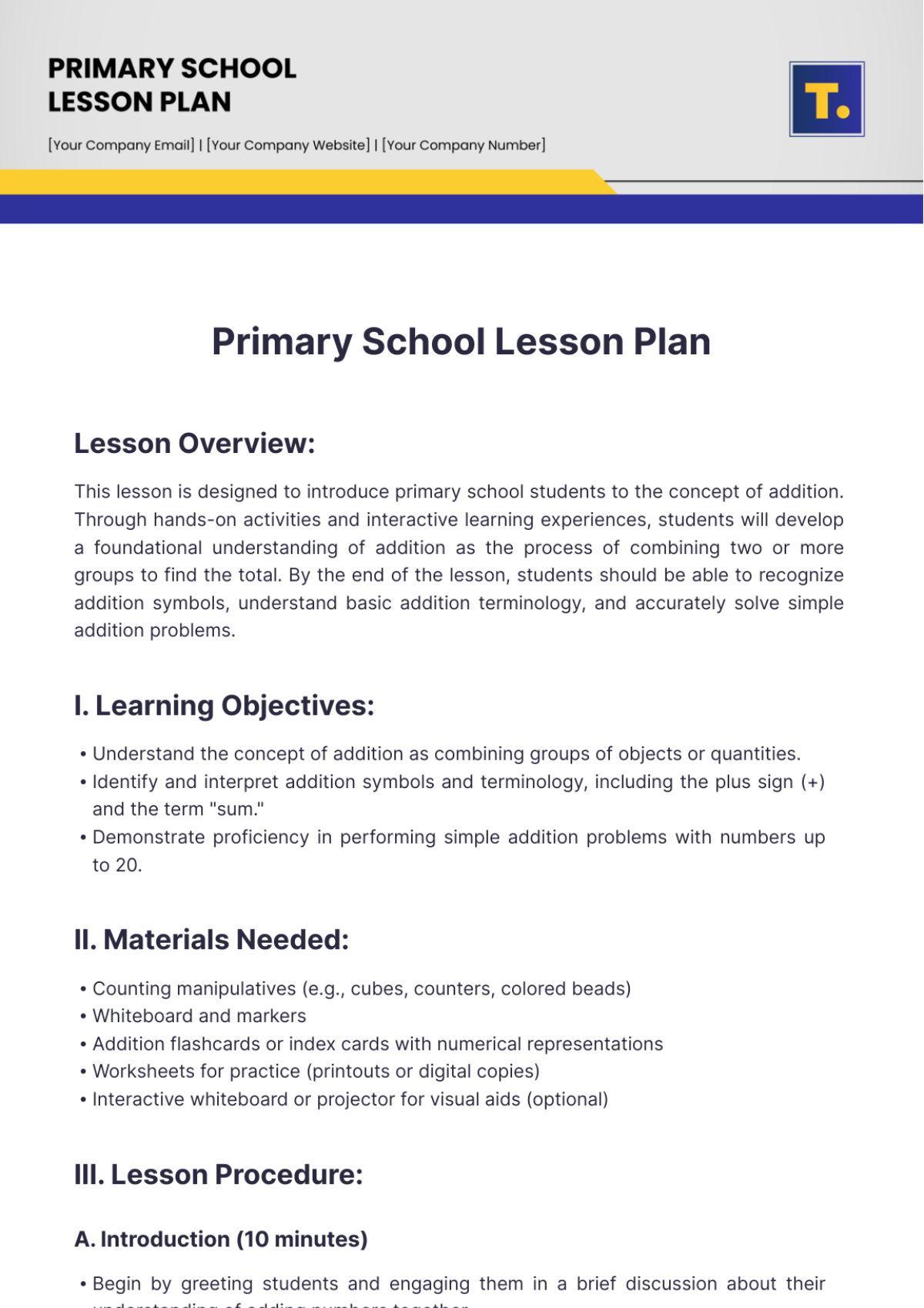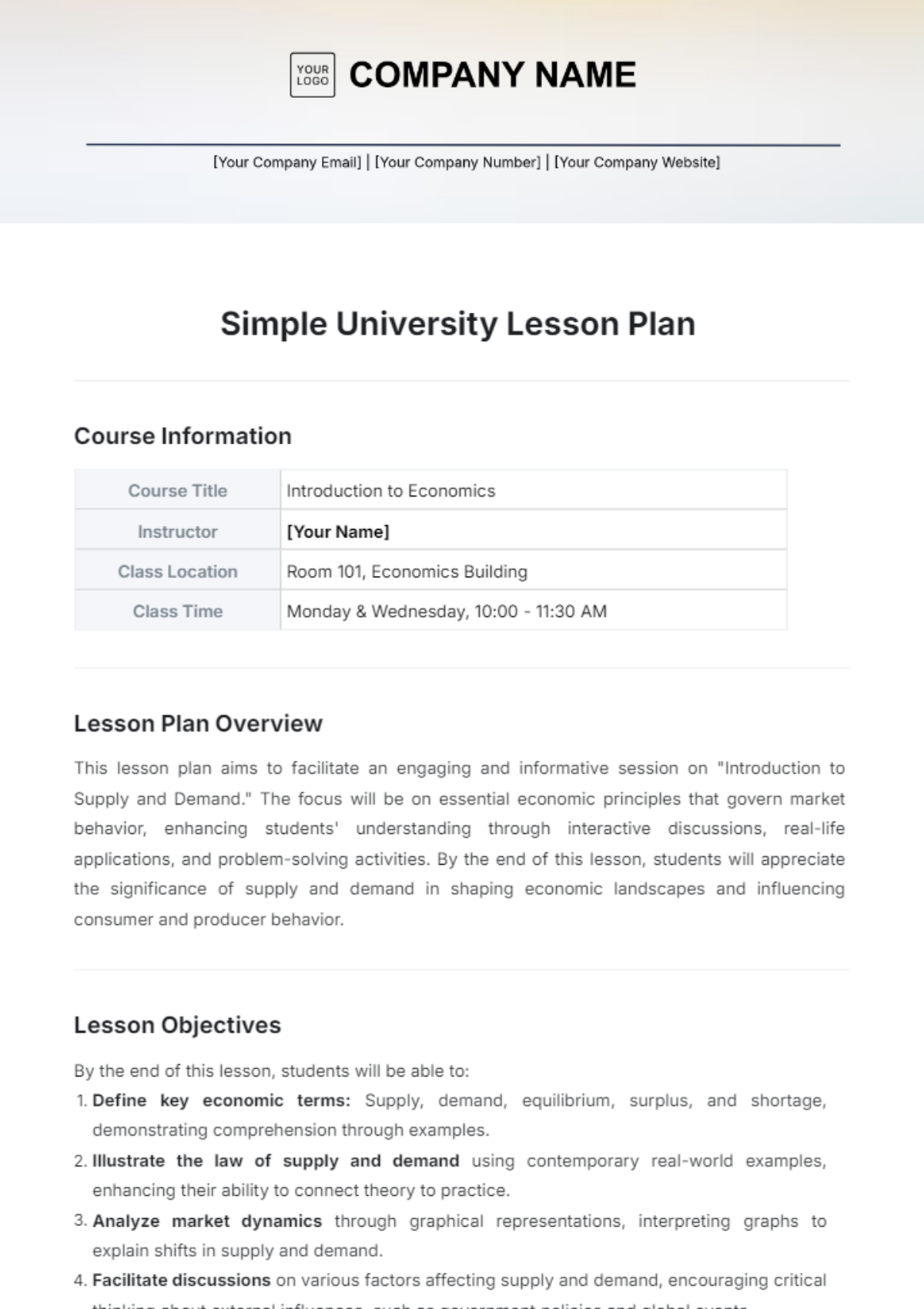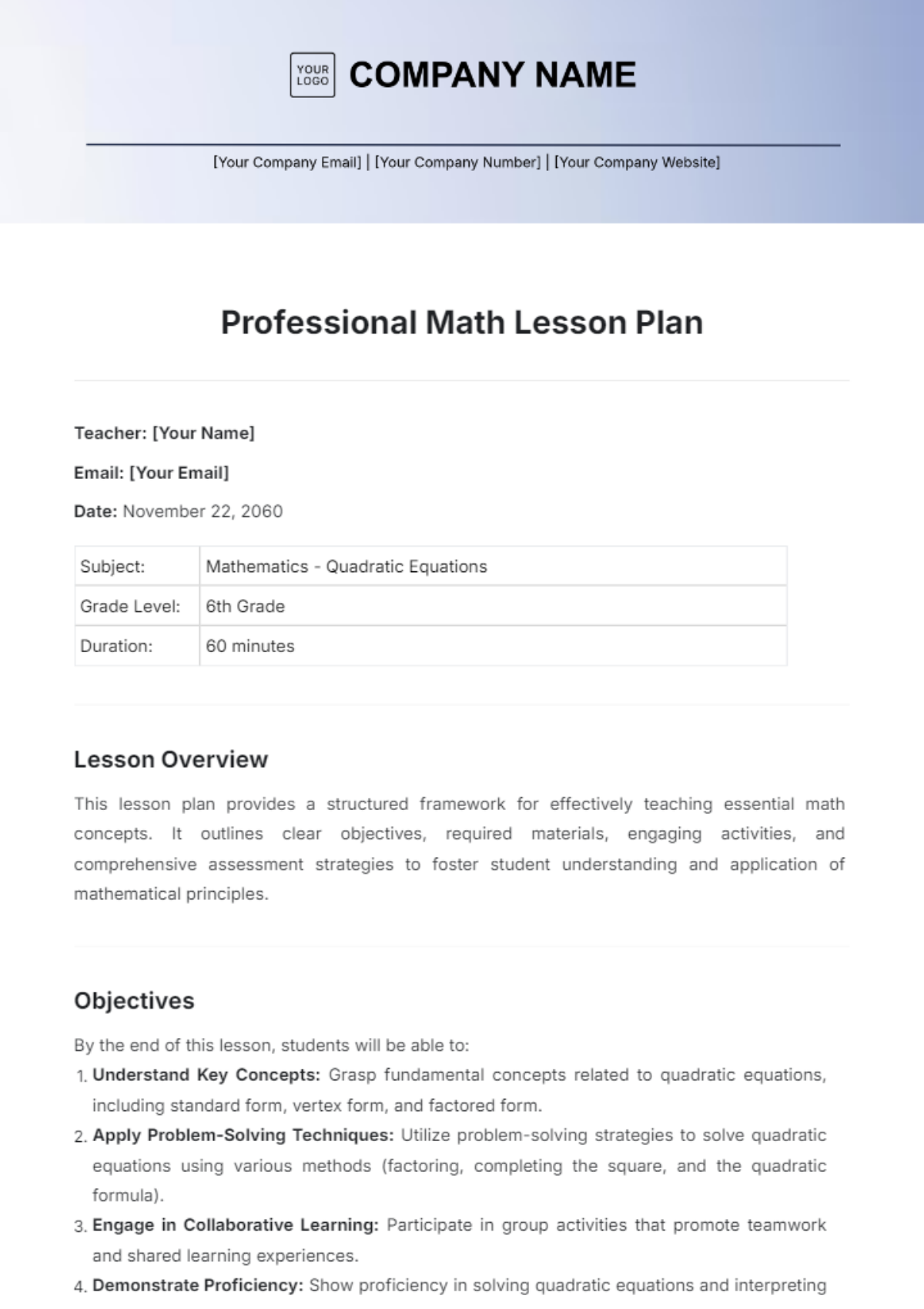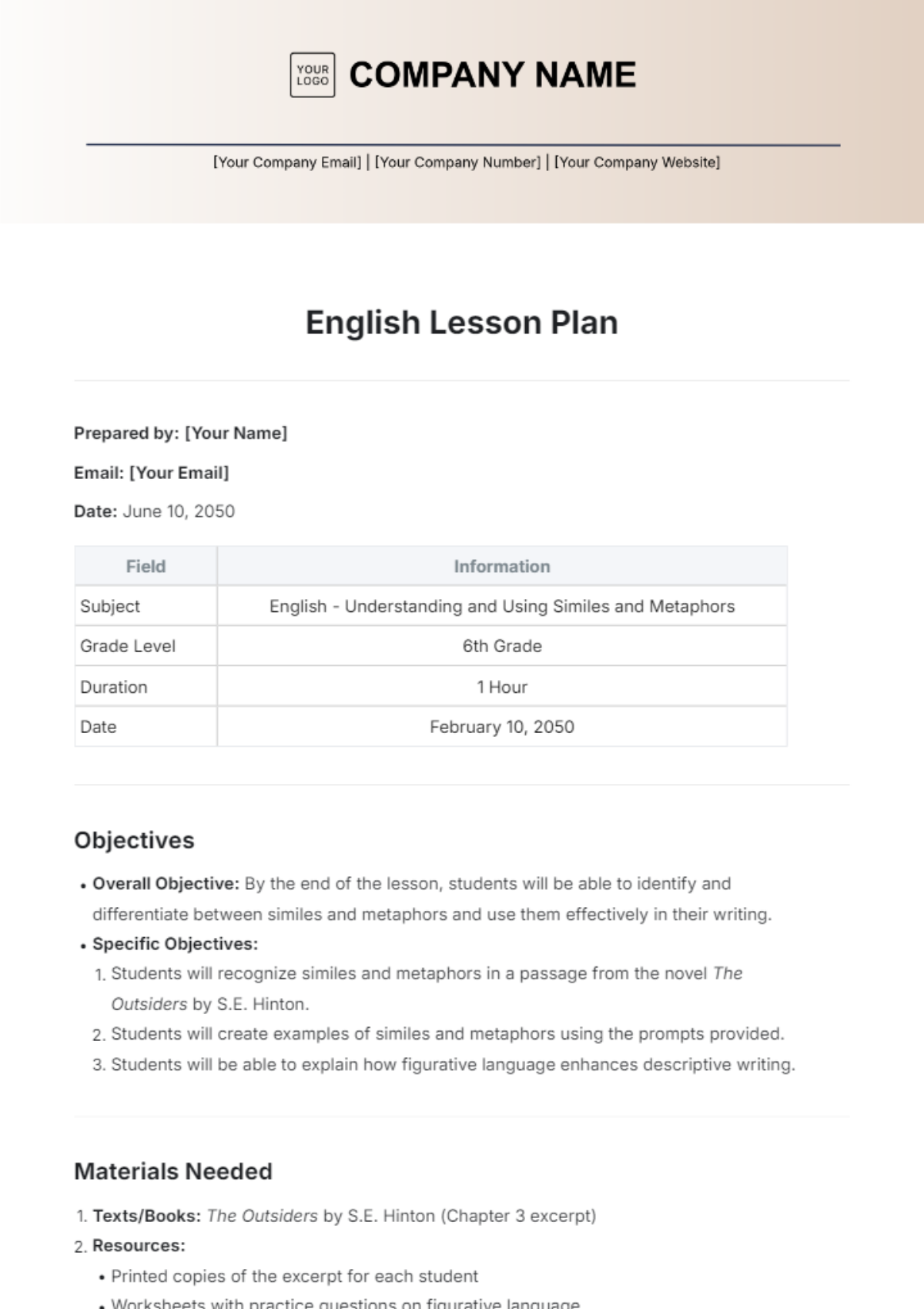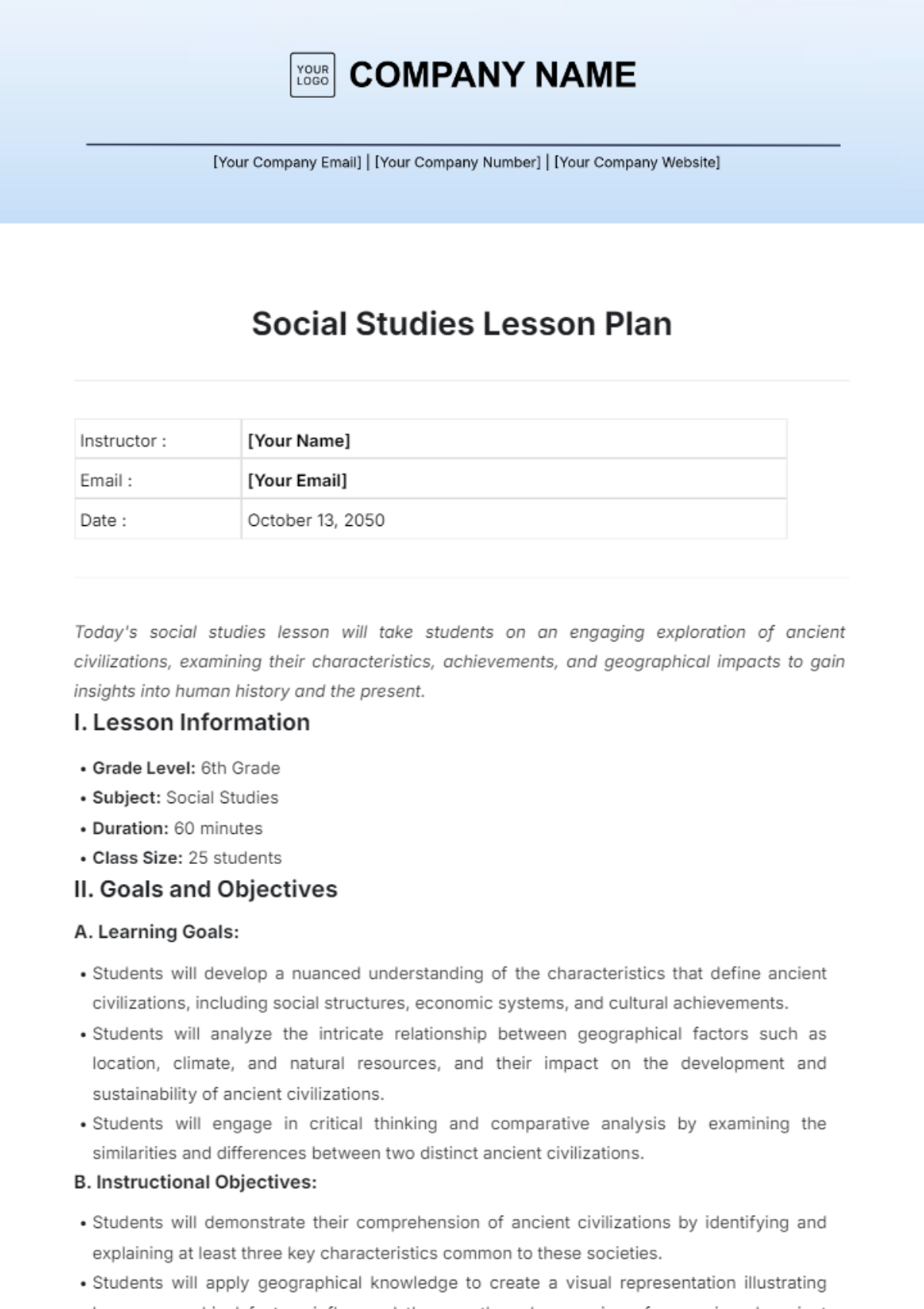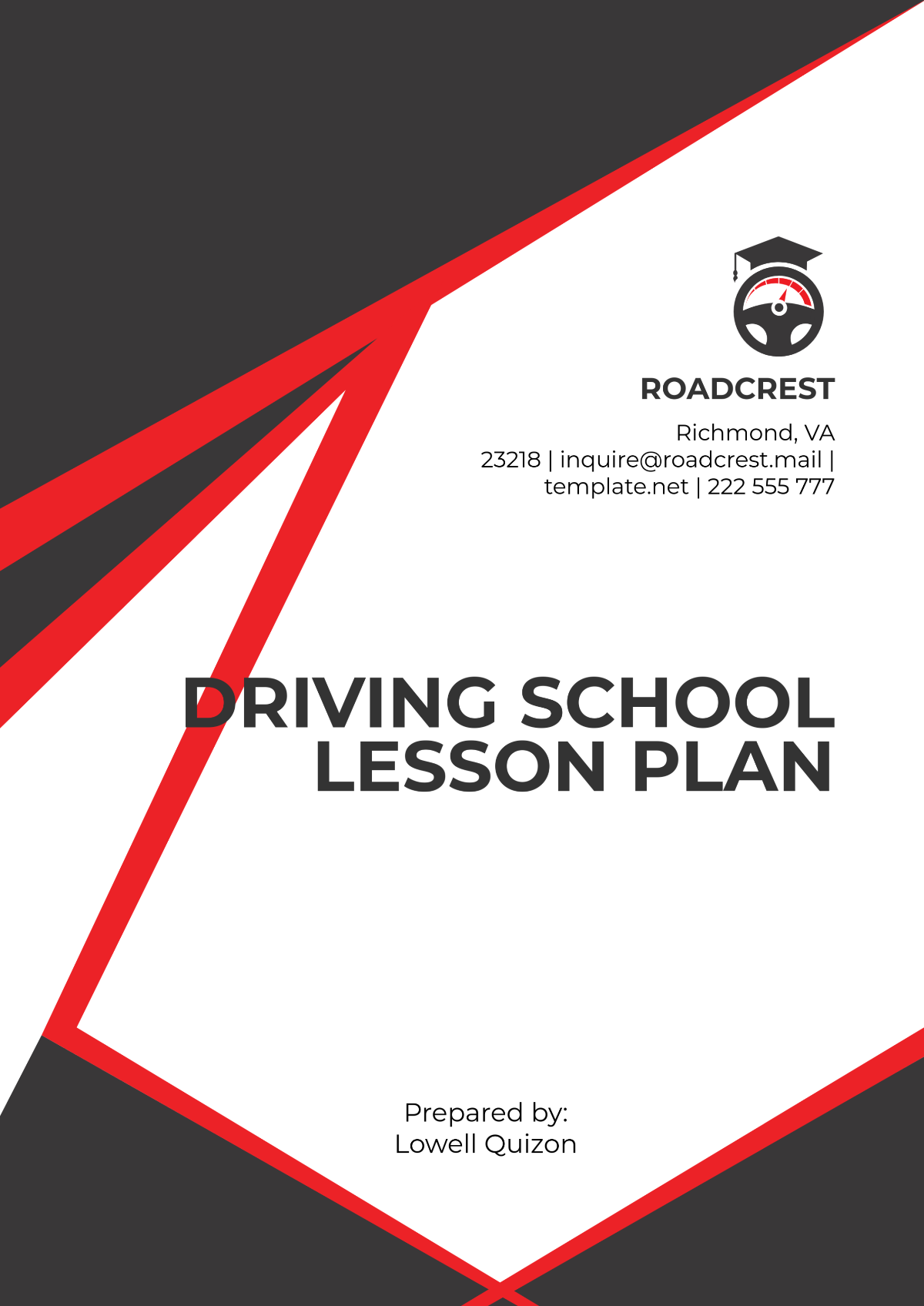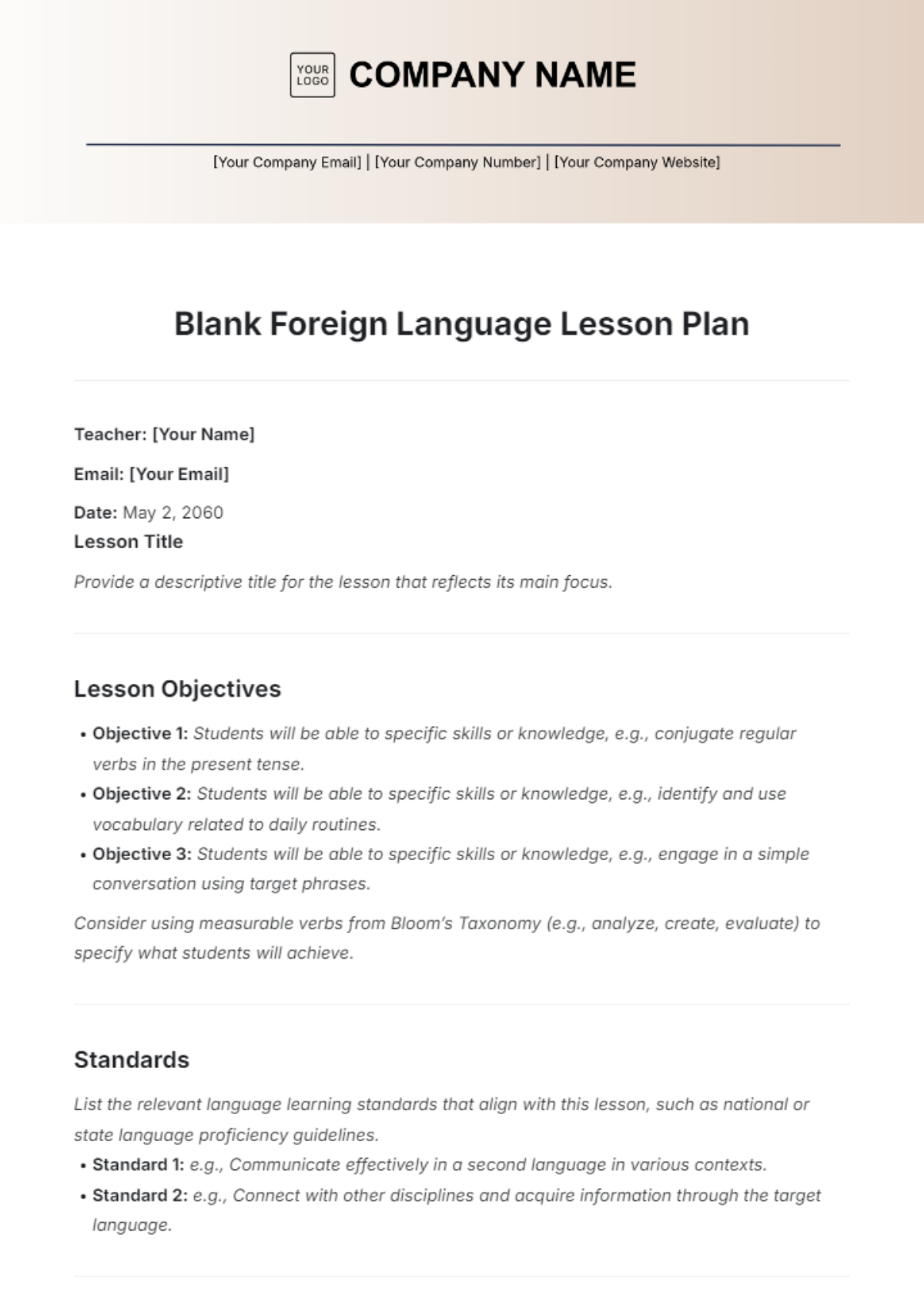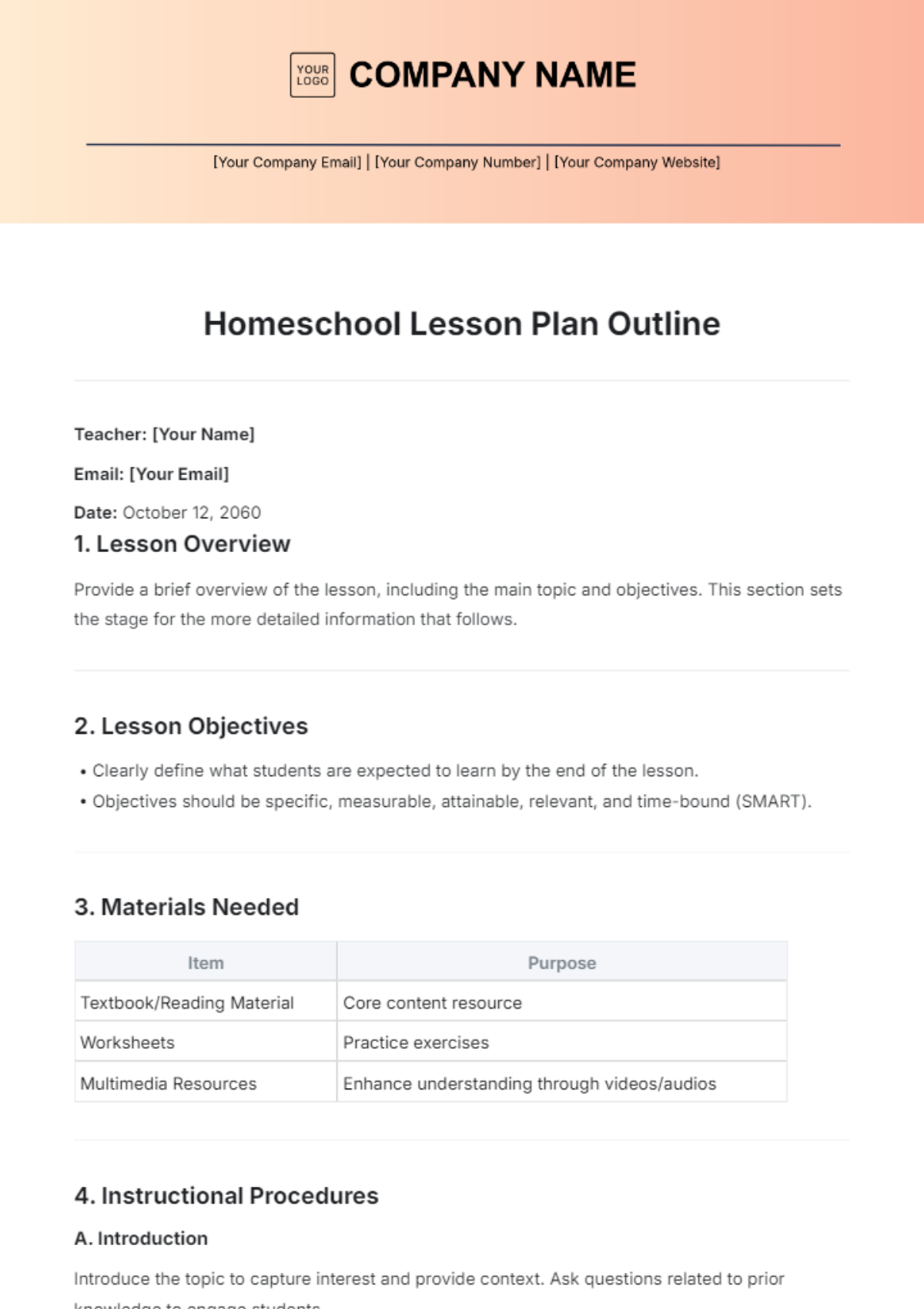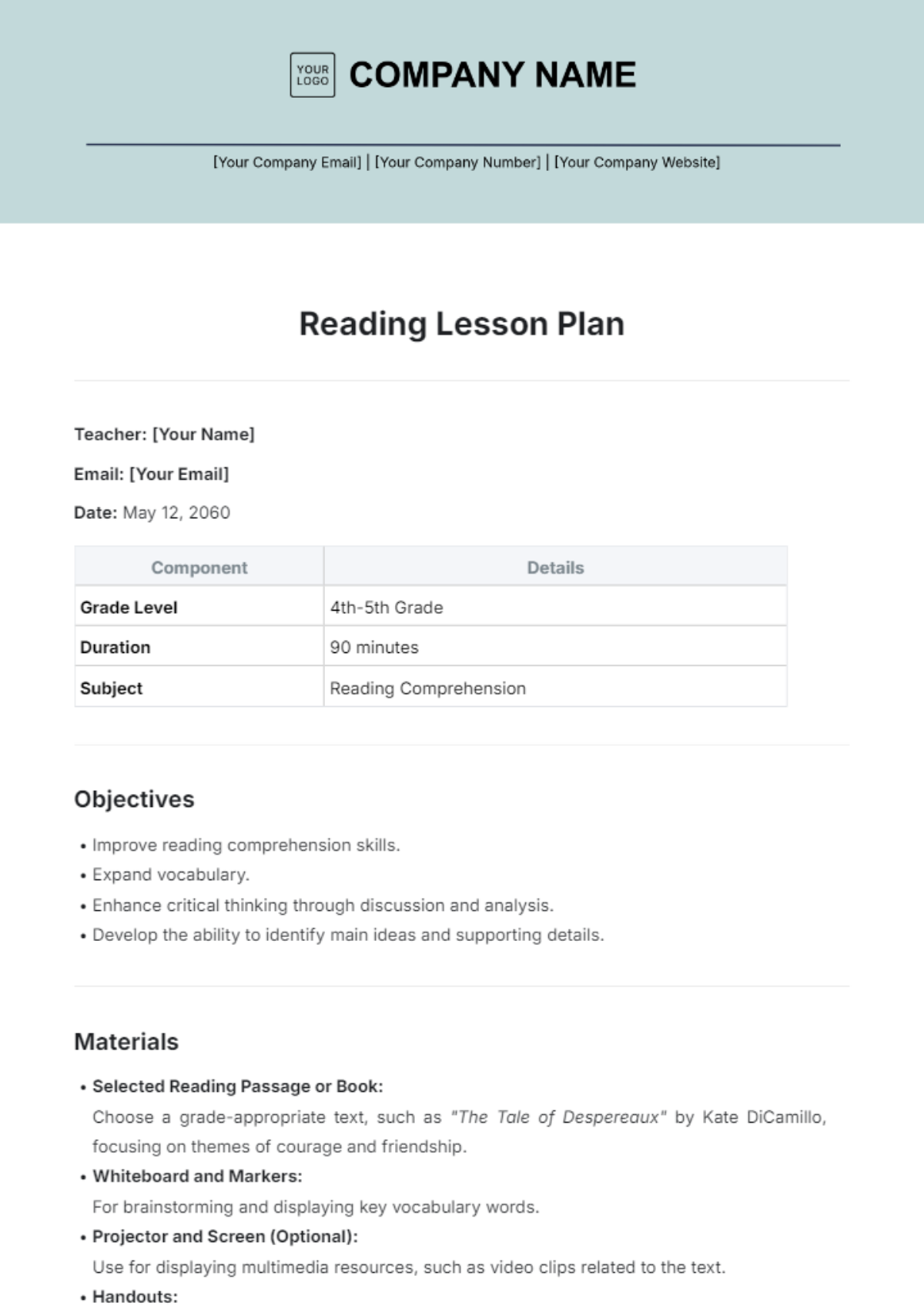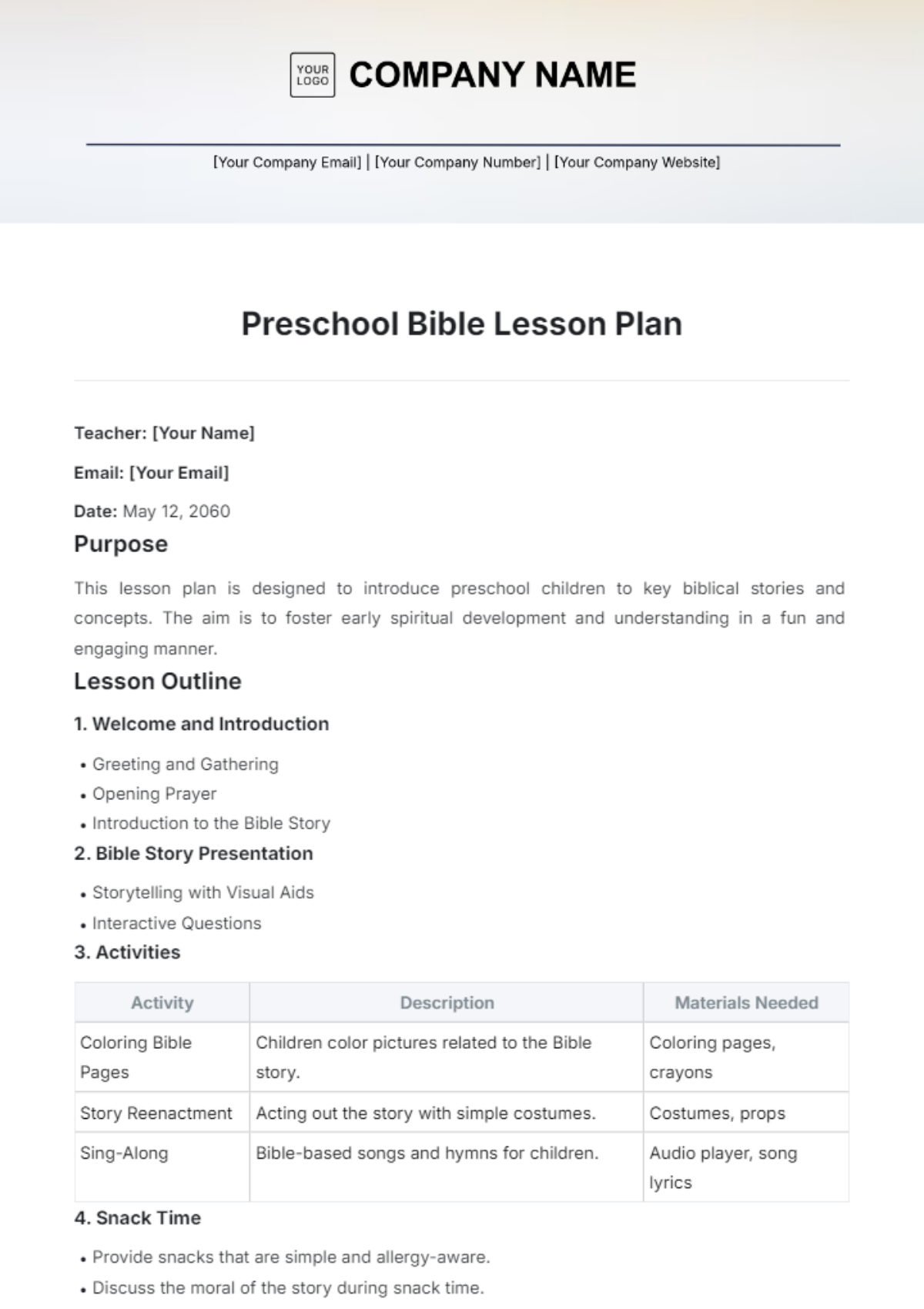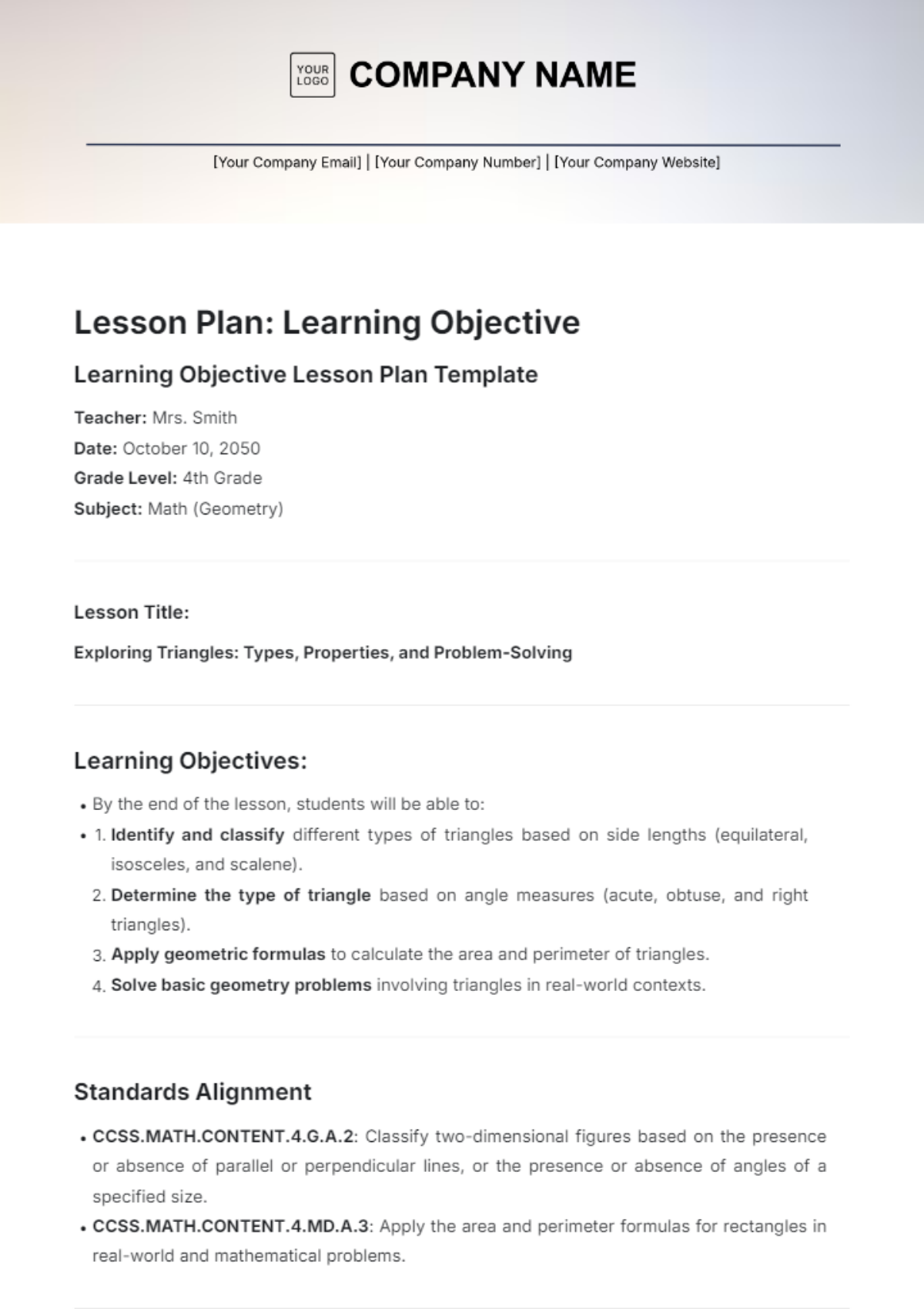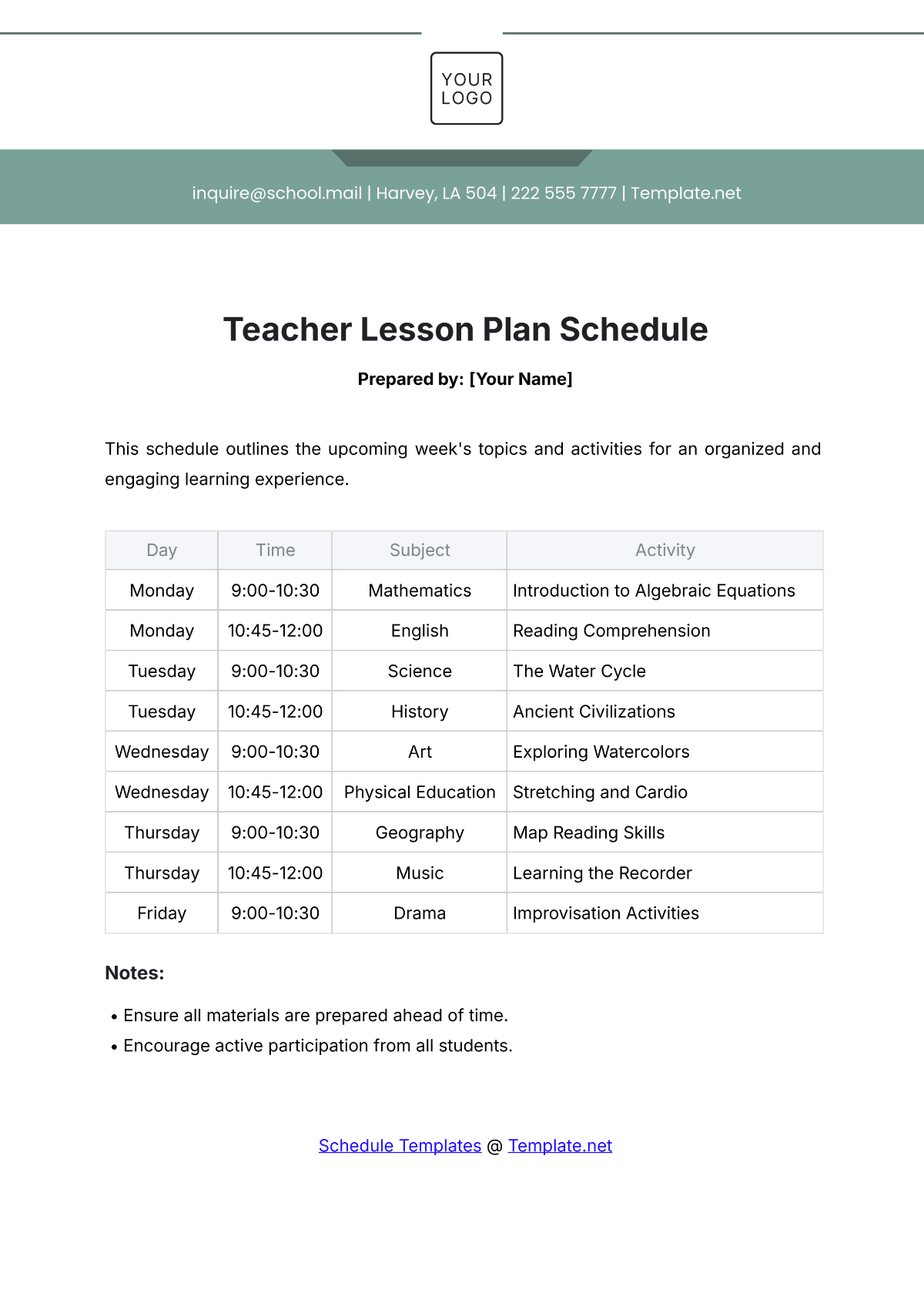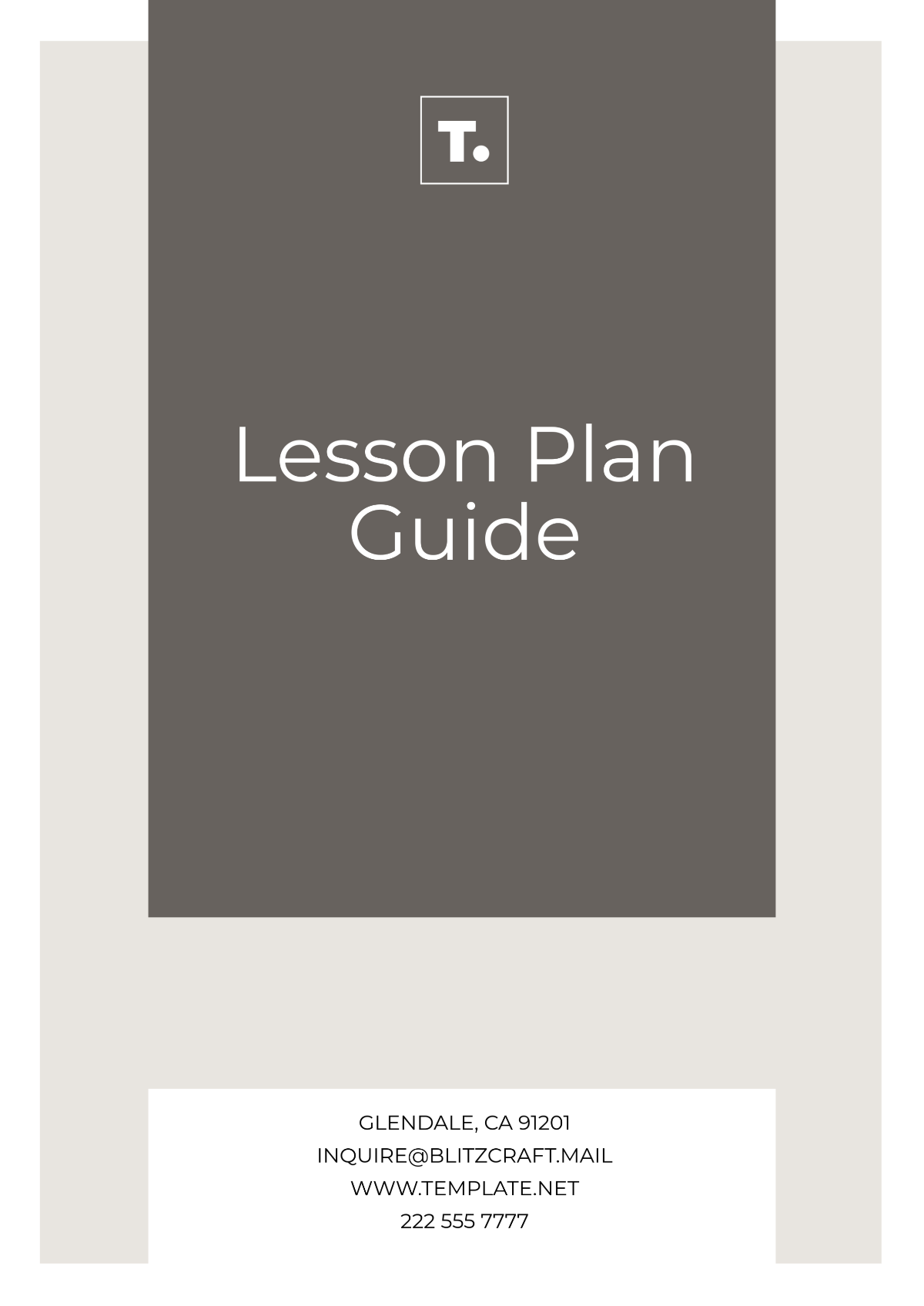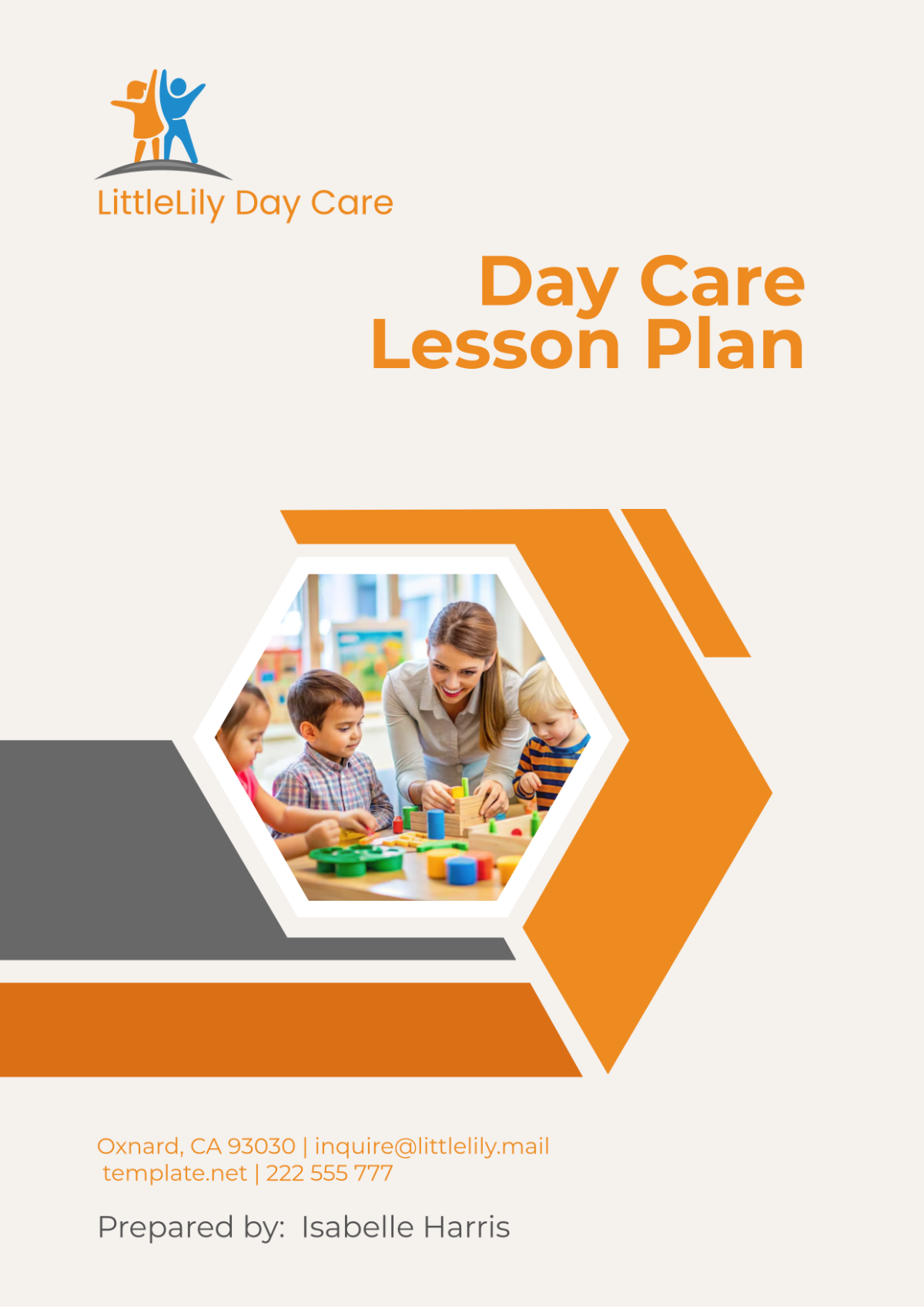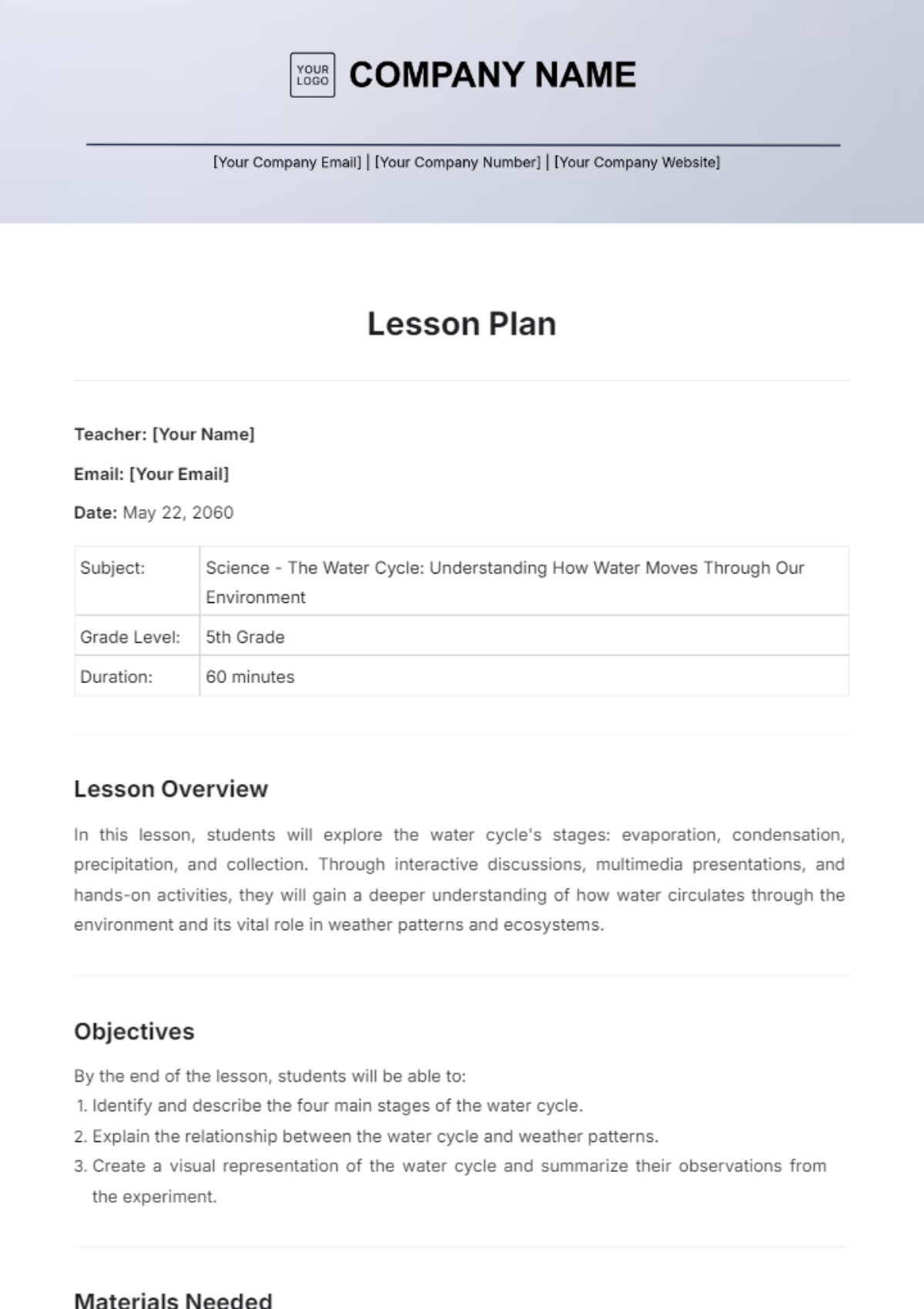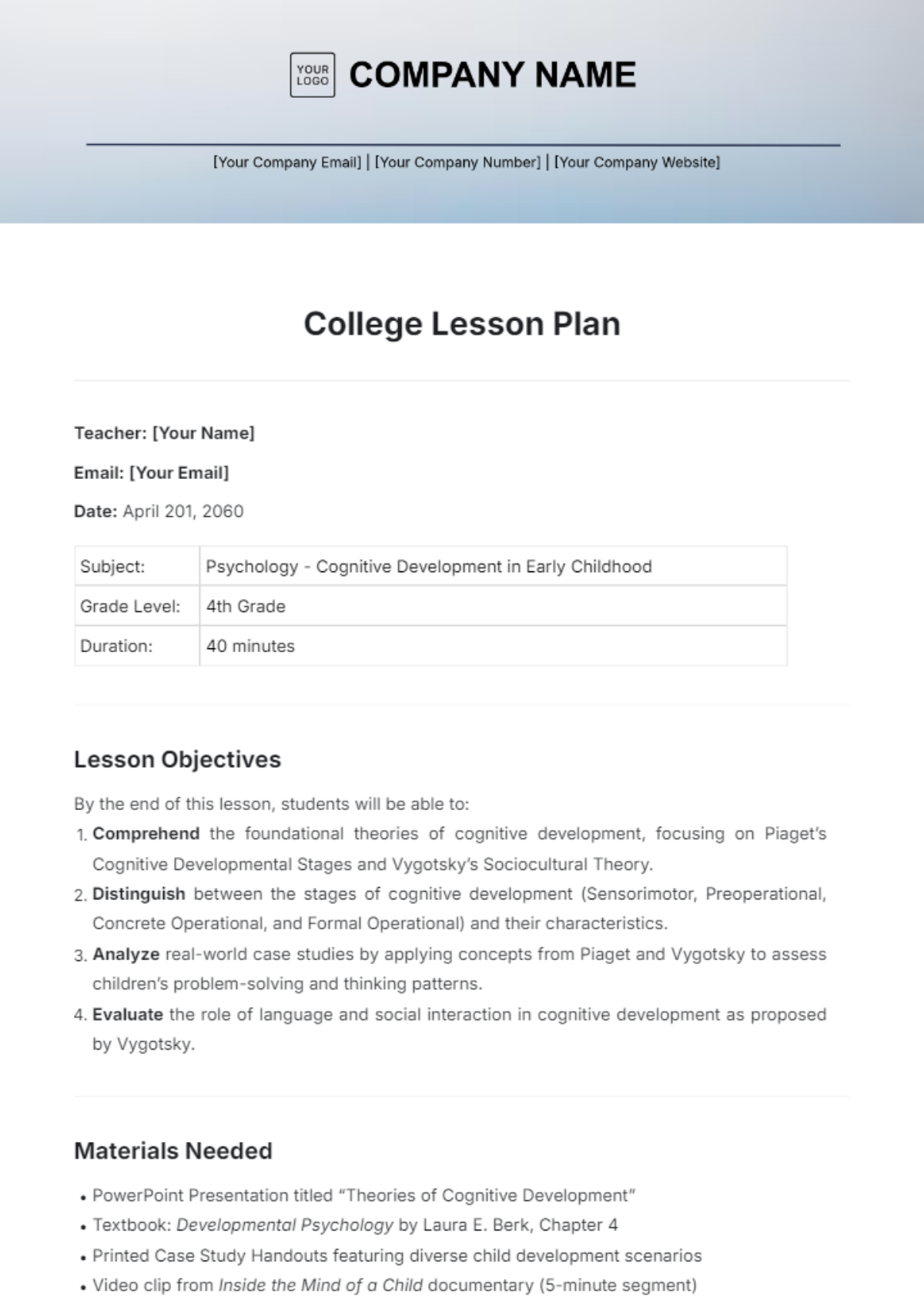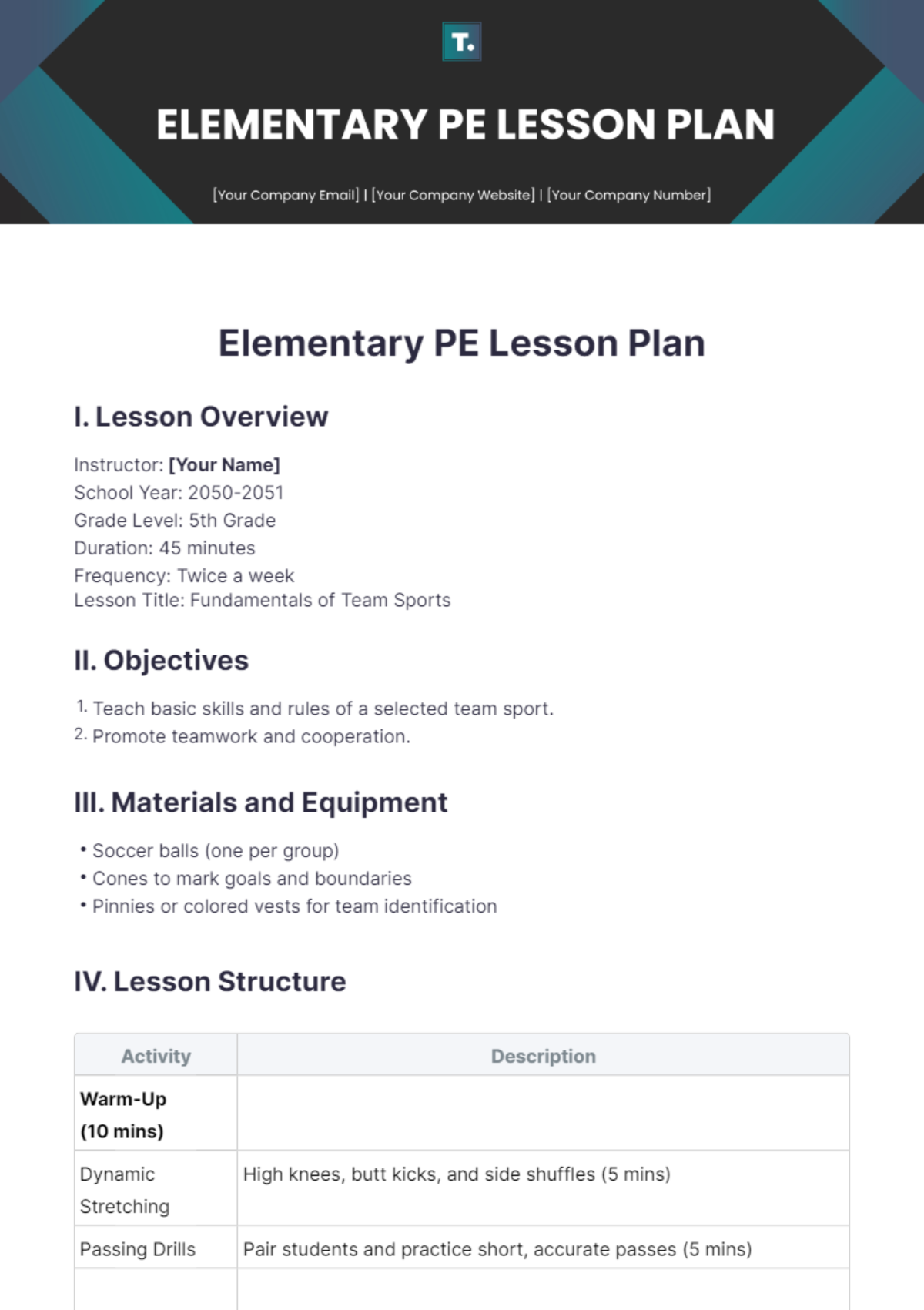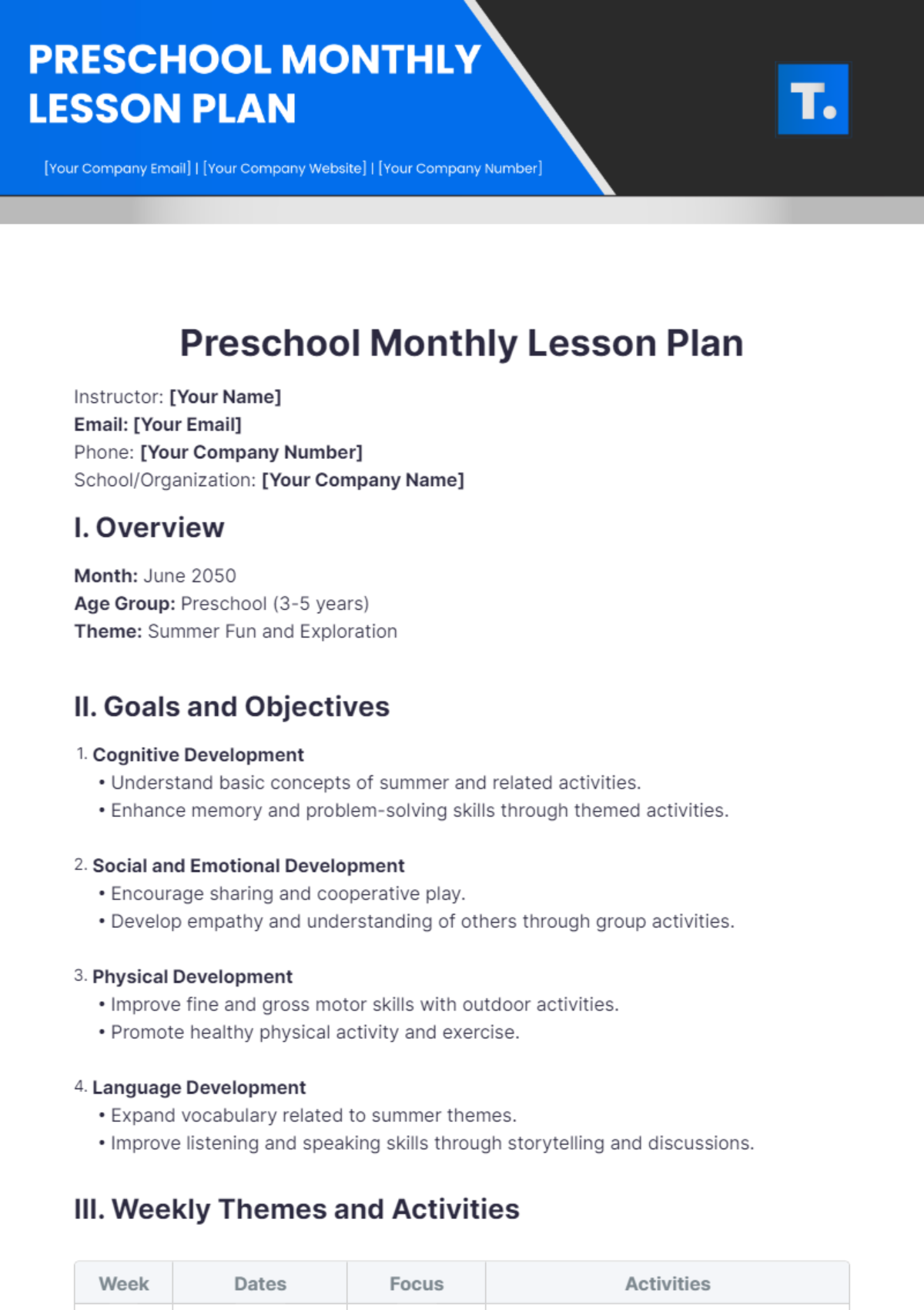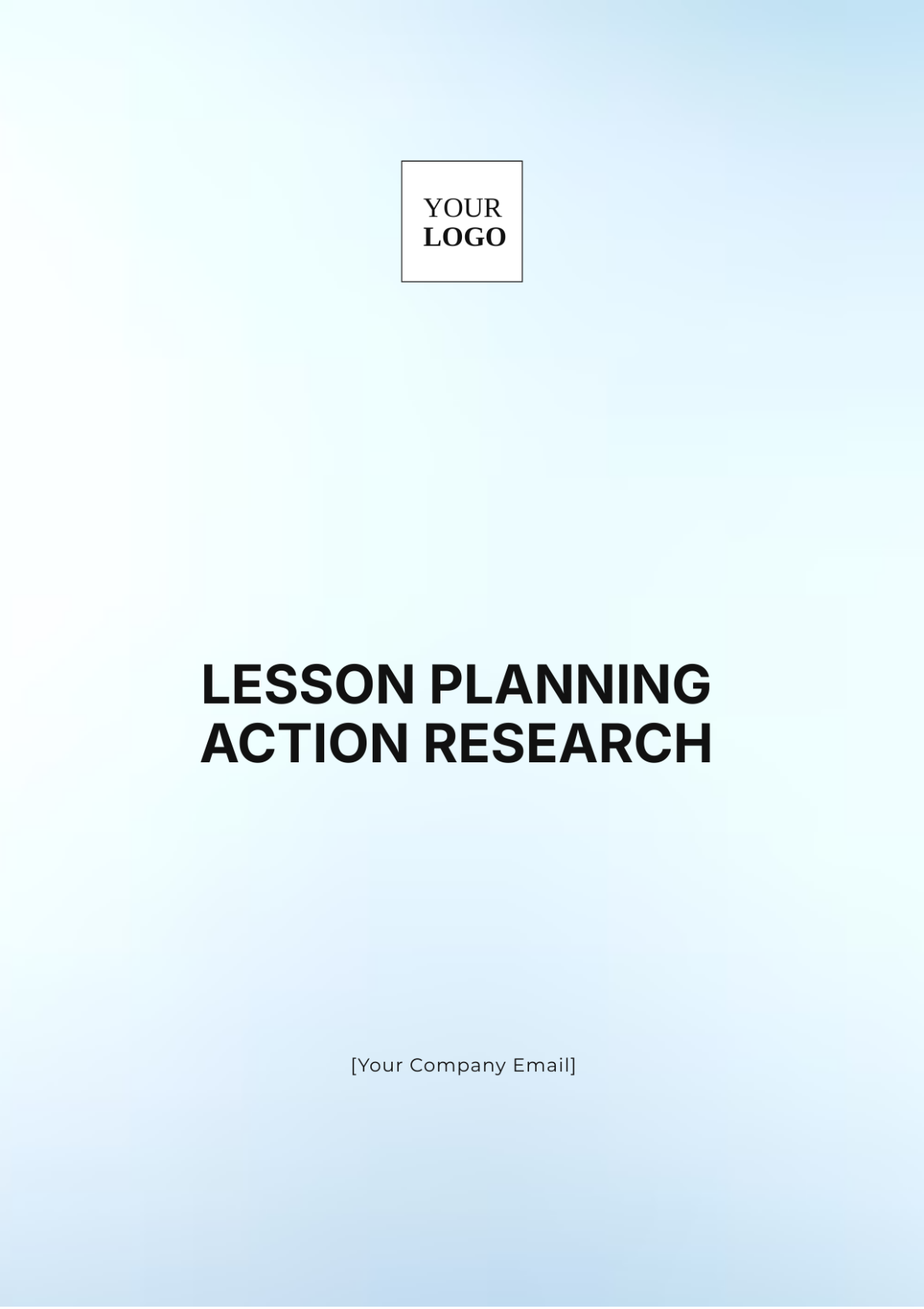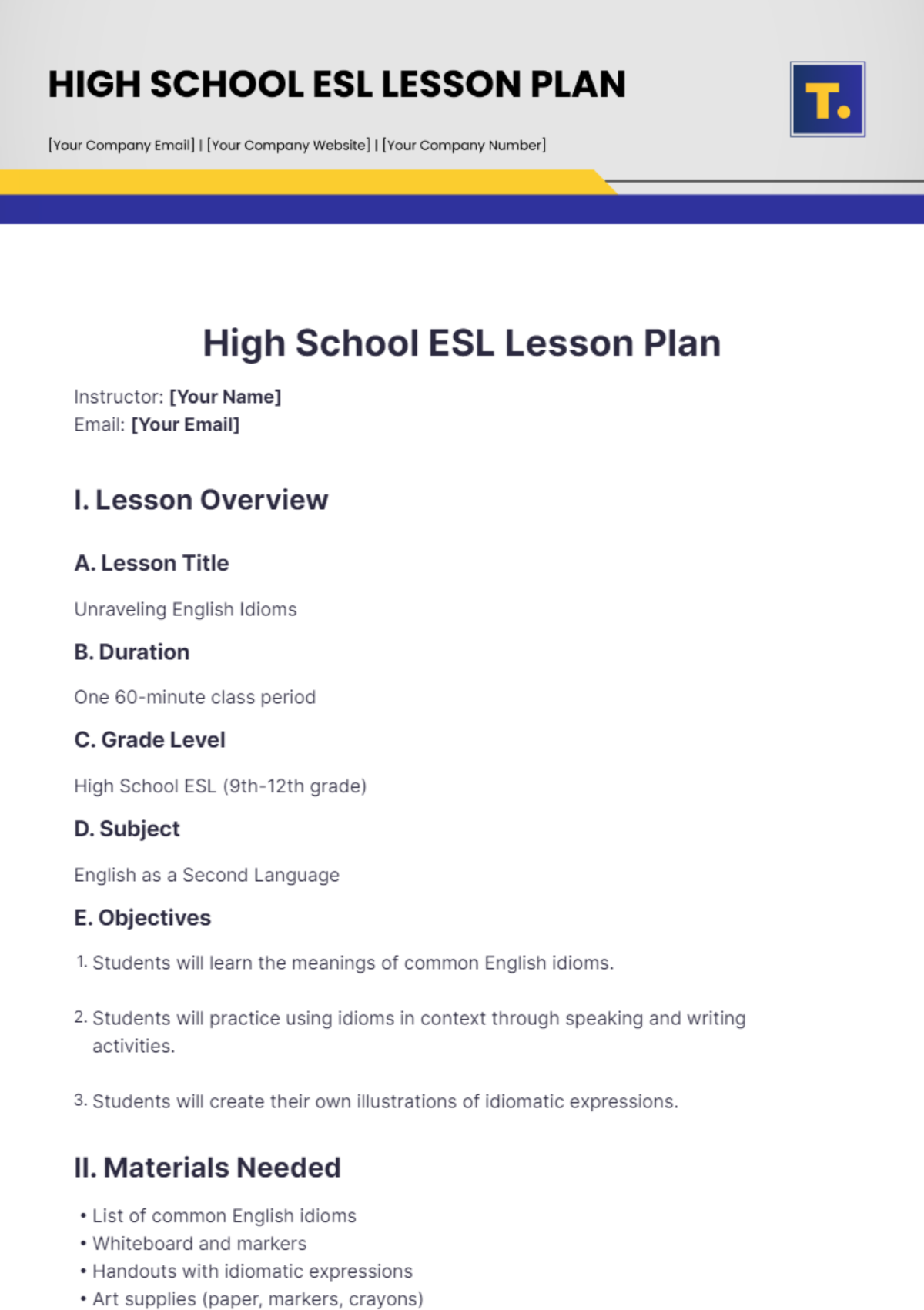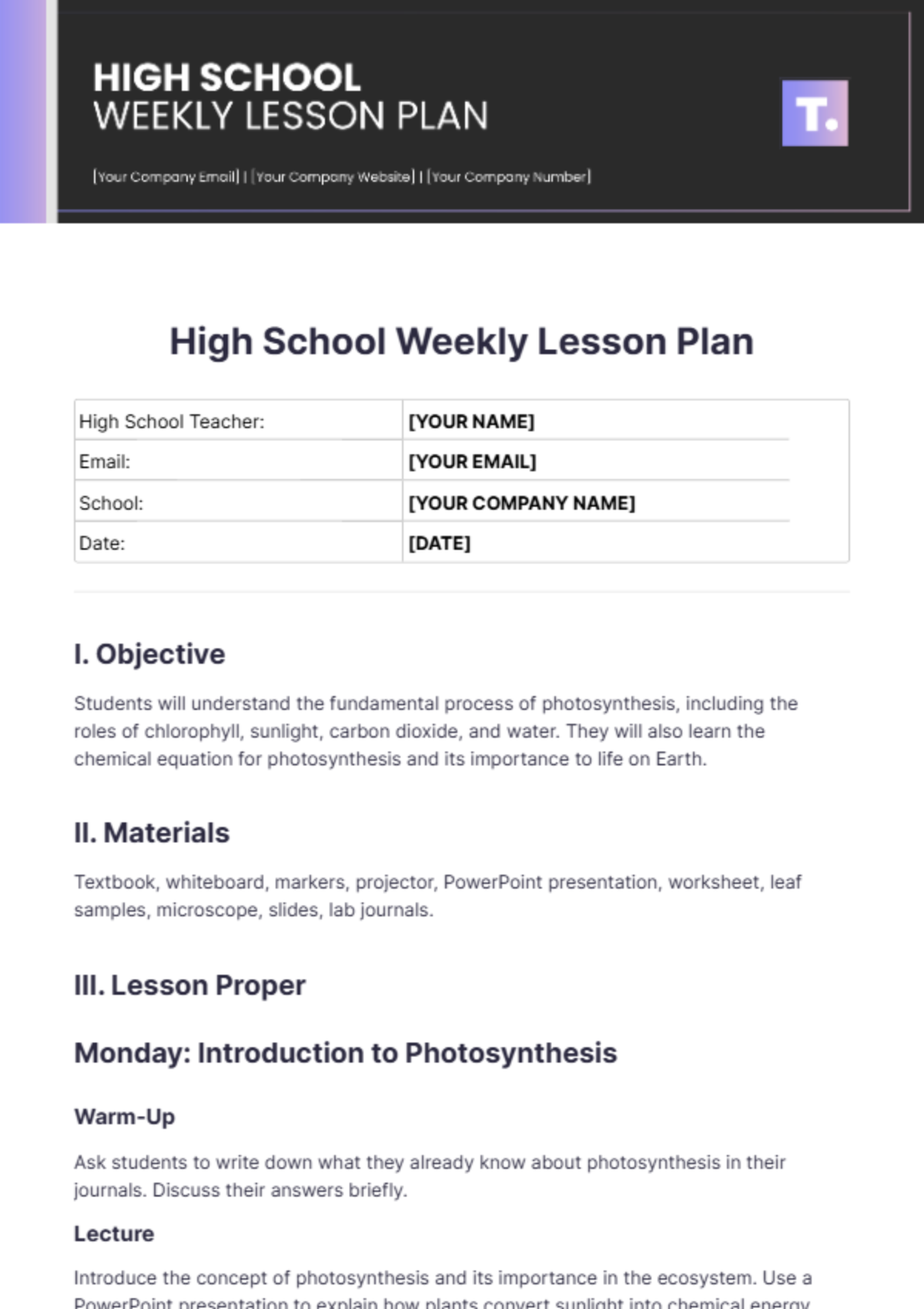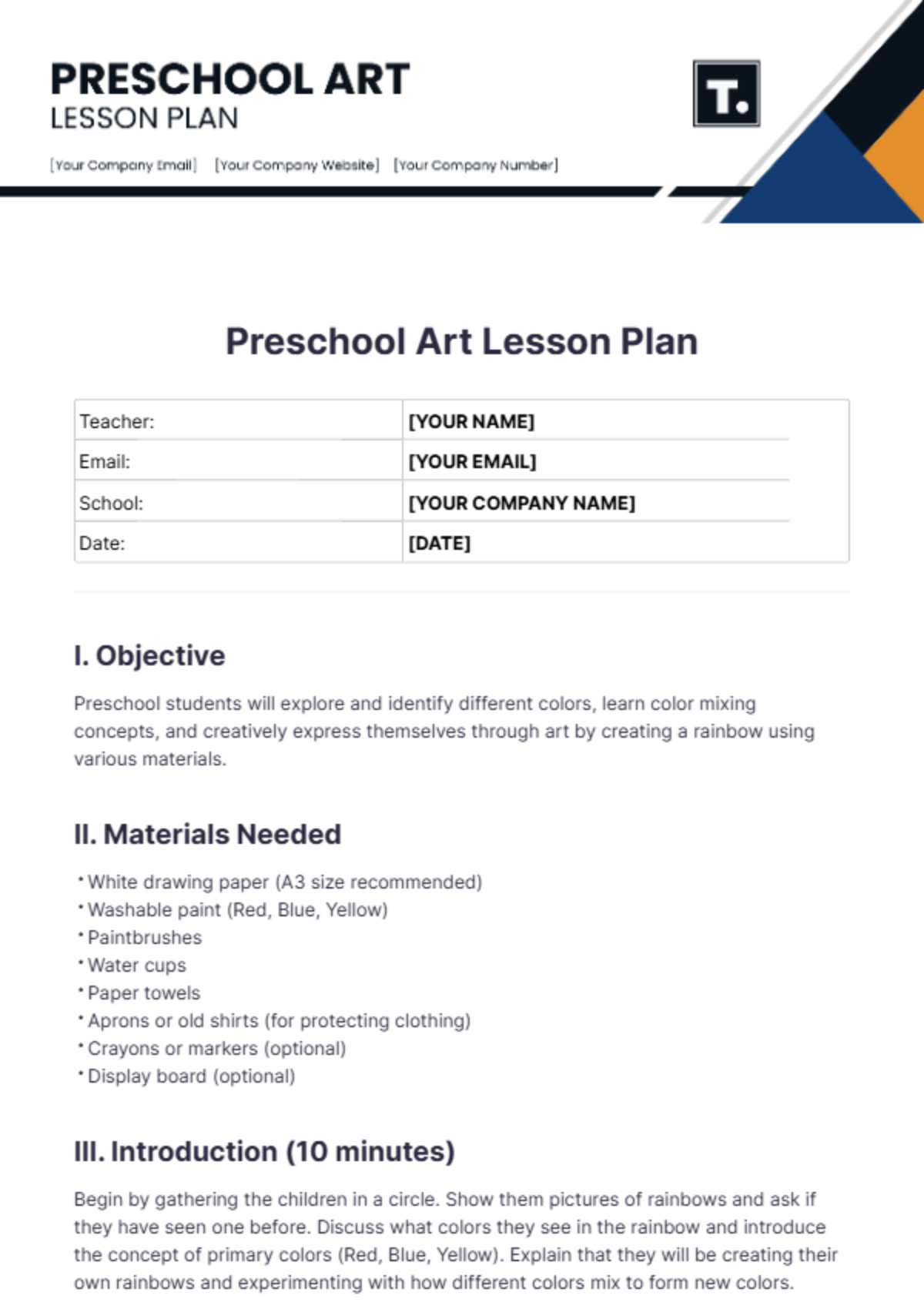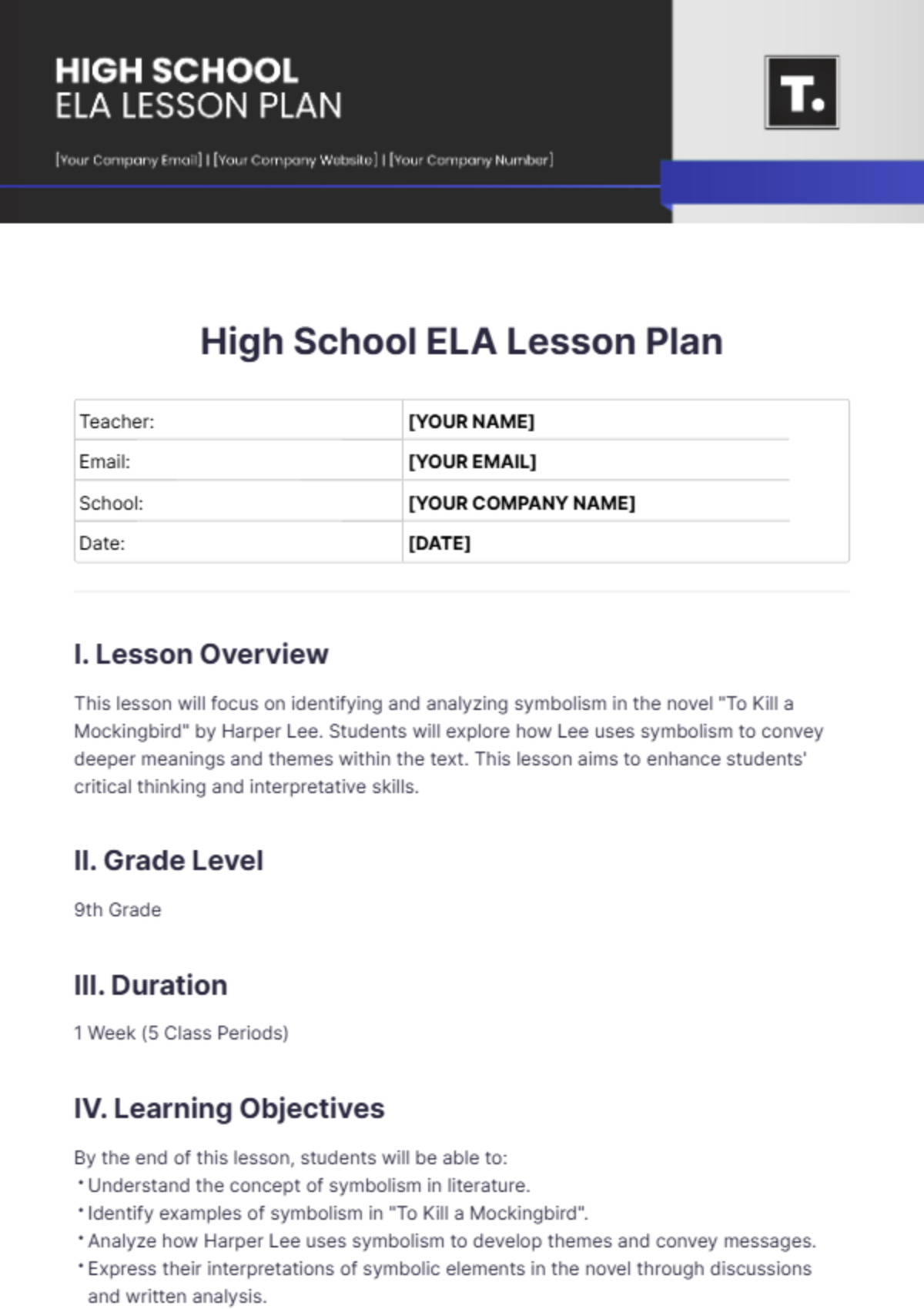Lesson Outline: War
I. Introduction
- Begin the lesson by asking the students if they have ever heard the word "war" and what they know about it.
- Define war as a conflict between groups or nations that involves the use of weapons.
- Explain that war can cause harm and destruction, and it is important to understand its consequences.
- State the objectives of the lesson: to understand what war is, why it happens, and its impact on people and communities.
II. Understanding War
- Provide examples of conflicts that can lead to war, such as disagreements over land, resources, or differences in beliefs and ideologies.
- Discuss that war is not the best solution for resolving conflicts, and peaceful alternatives should be sought.
- Emphasize the importance of communication, negotiation, and compromise in preventing war.
III. Causes of War
- Introduce the causes of war, such as power struggles, territorial disputes, economic reasons, and ideological differences.
- Show video clips or images of historical or current conflicts to illustrate these causes.
- Encourage students to share any additional causes they may have heard of.
IV. Impact of War
- Discuss the consequences of war on individuals, families, communities, and the environment.
- Explain that war can lead to loss of lives, displacement of people, destruction of homes and infrastructure, and emotional trauma.
- Show pictures or short videos depicting the impact of war on people and their surroundings.
- Discuss how war disrupts education, healthcare, and daily life activities.
V. Peaceful Resolutions
- Introduce the concept of peaceful resolutions and alternatives to war.
- Discuss examples of diplomatic efforts, negotiation, treaties, and international organizations working towards peace.
- Highlight the importance of empathy, understanding, and respecting differences to maintain peace.
- Engage the students in a group activity where they brainstorm peaceful solutions to conflicts.
VI. Review and Reflection
- Summarize the main points of the lesson.
- Encourage students to reflect on what they have learned about war, its causes, and its impact.
- Provide a handout or worksheet with questions for students to answer individually or discuss in pairs.
- Wrap up the lesson by asking students what actions they can take to promote peace and prevent war in their own lives and communities.
